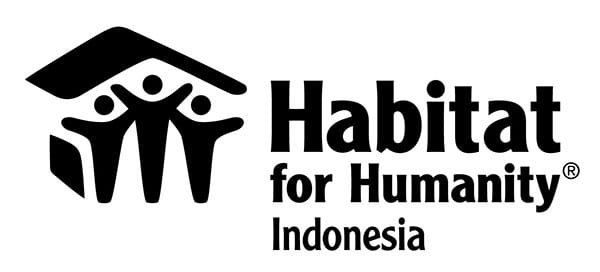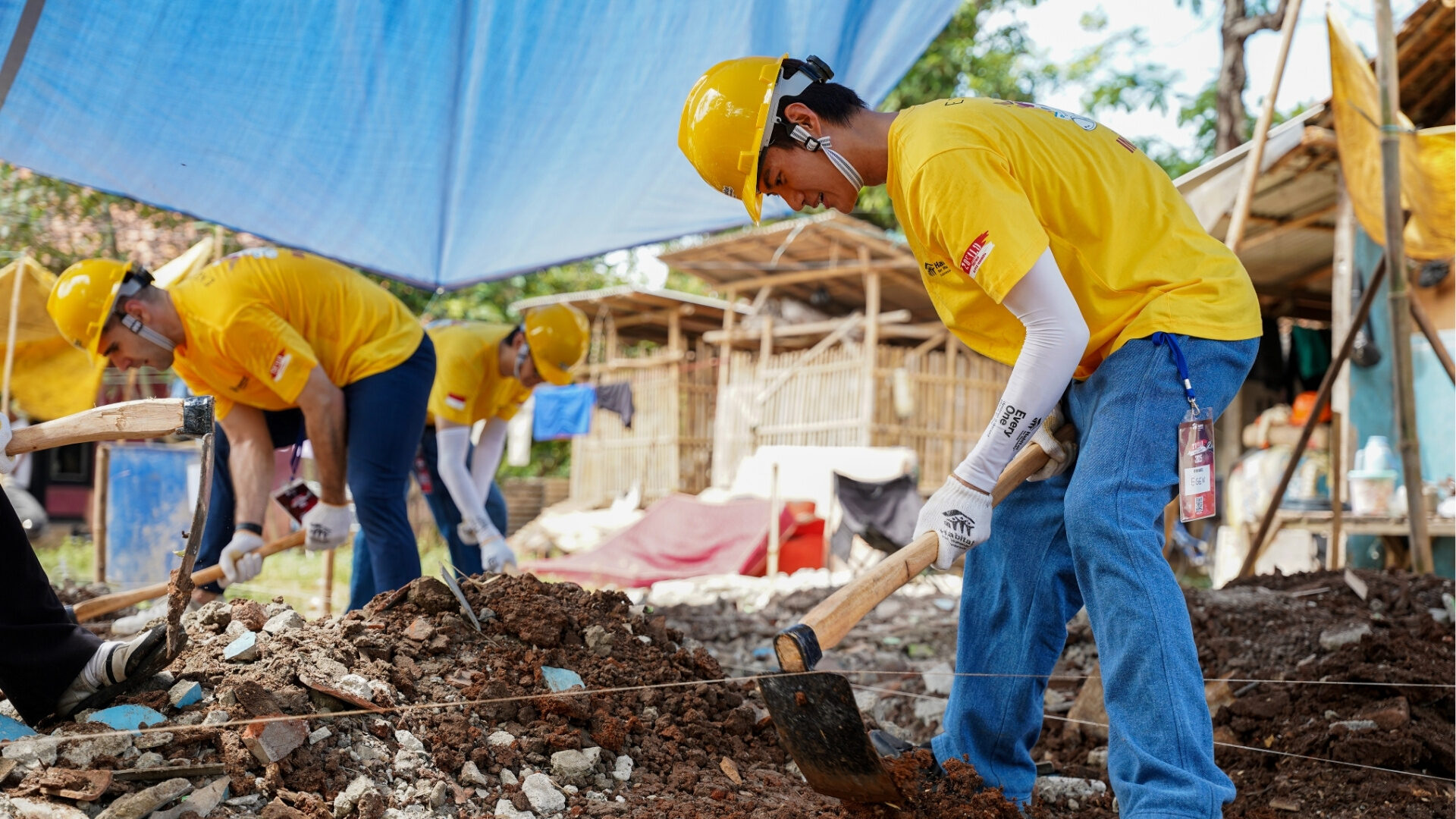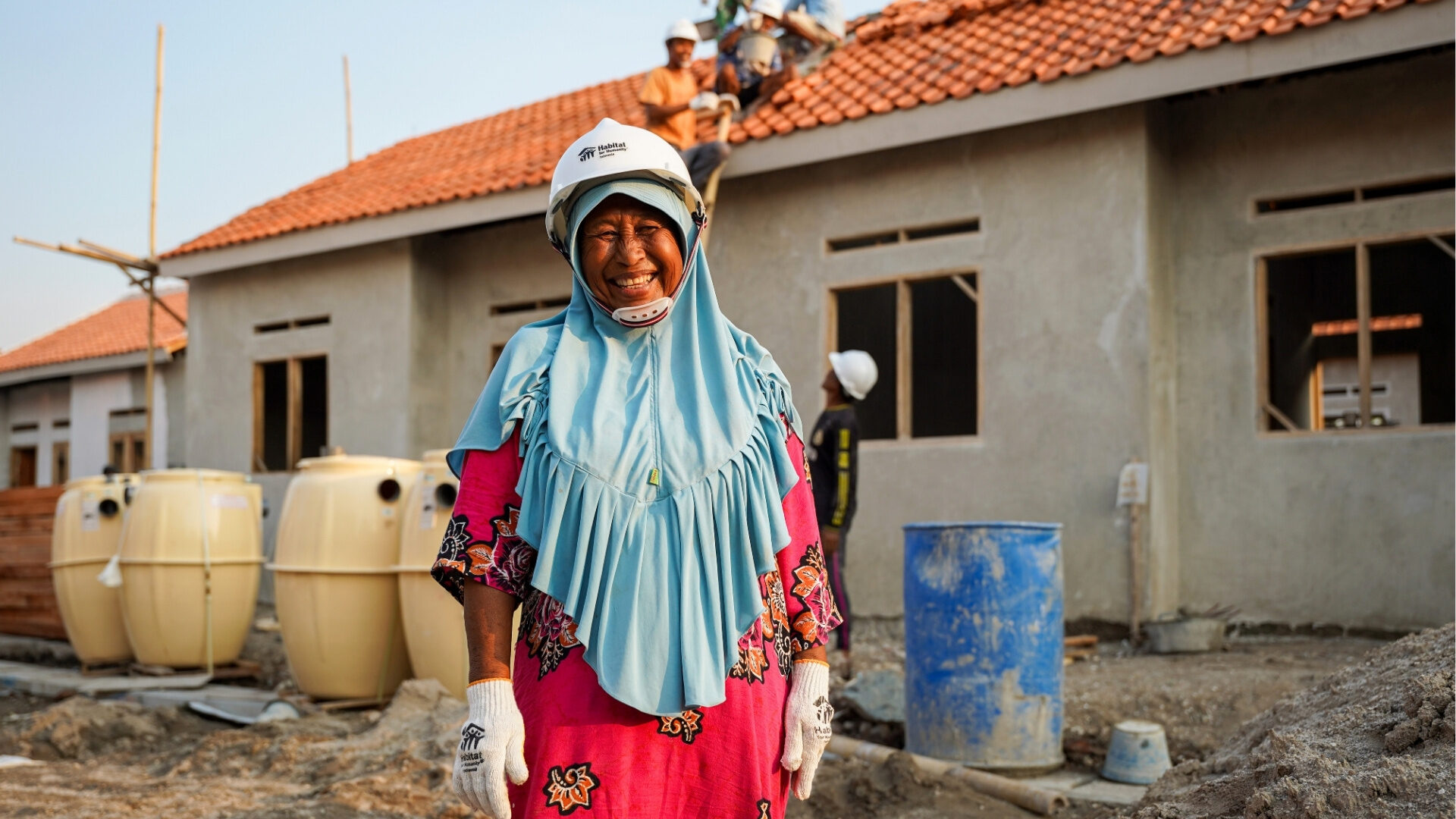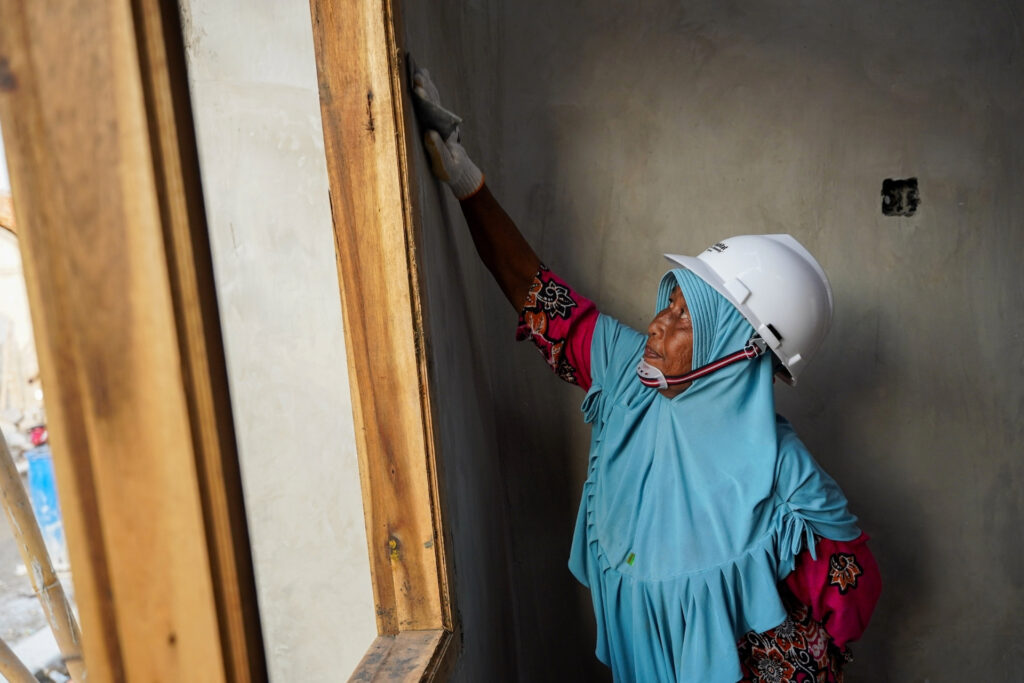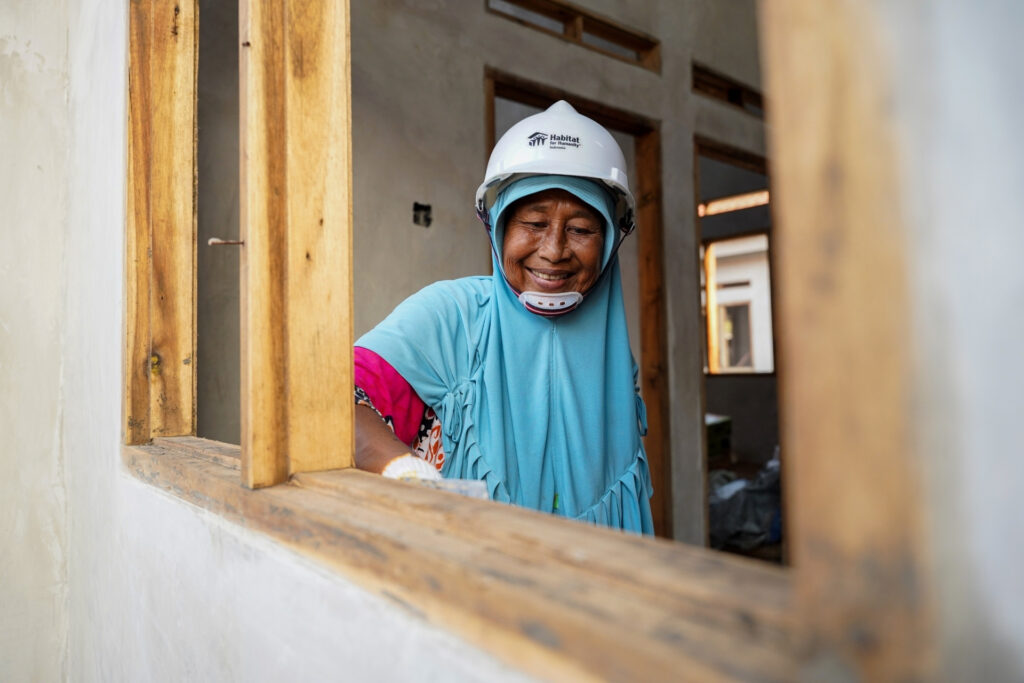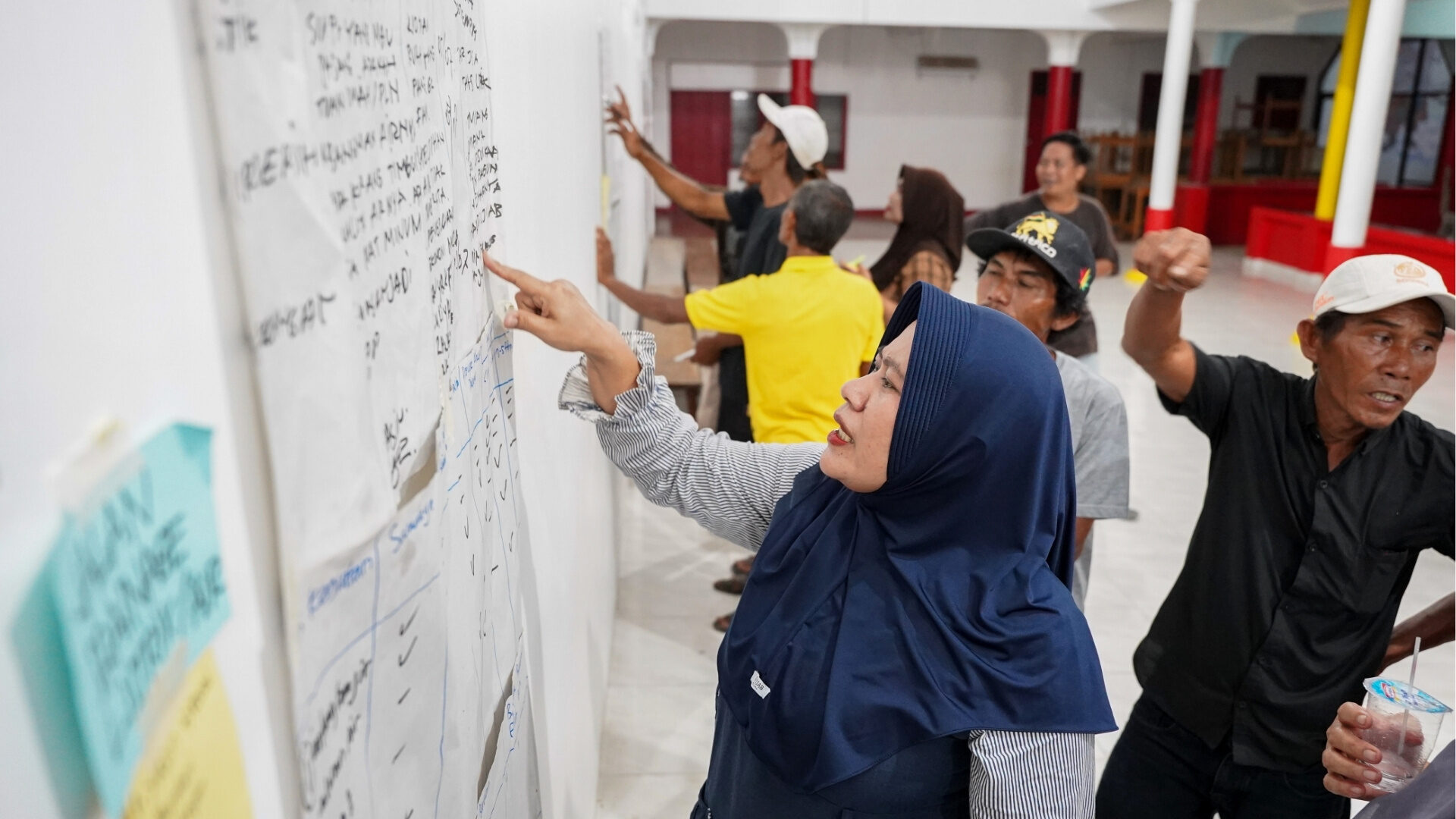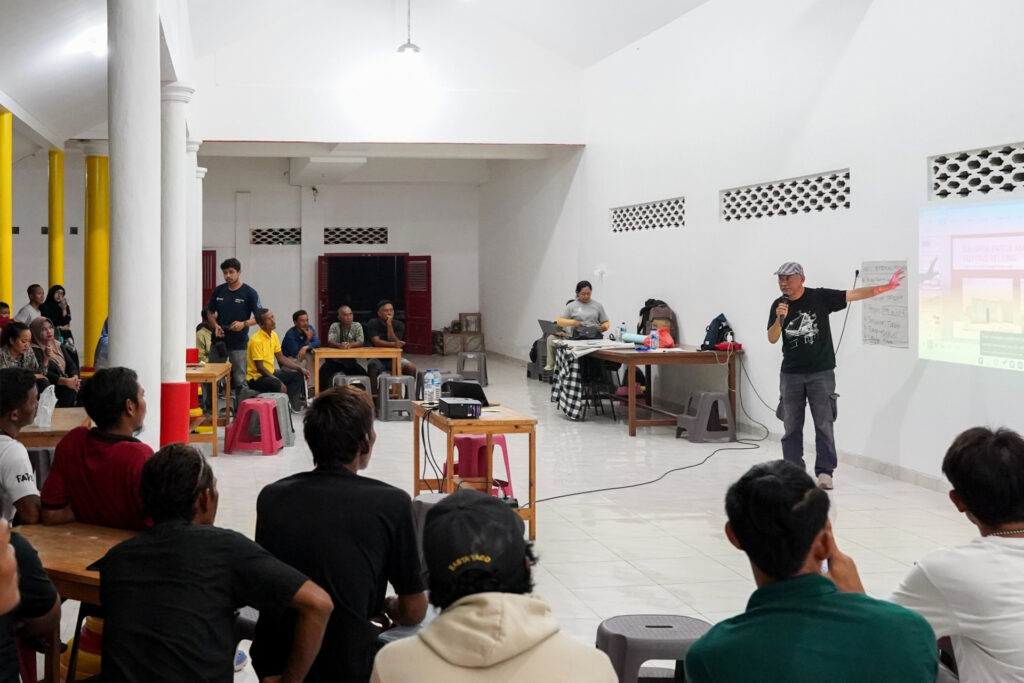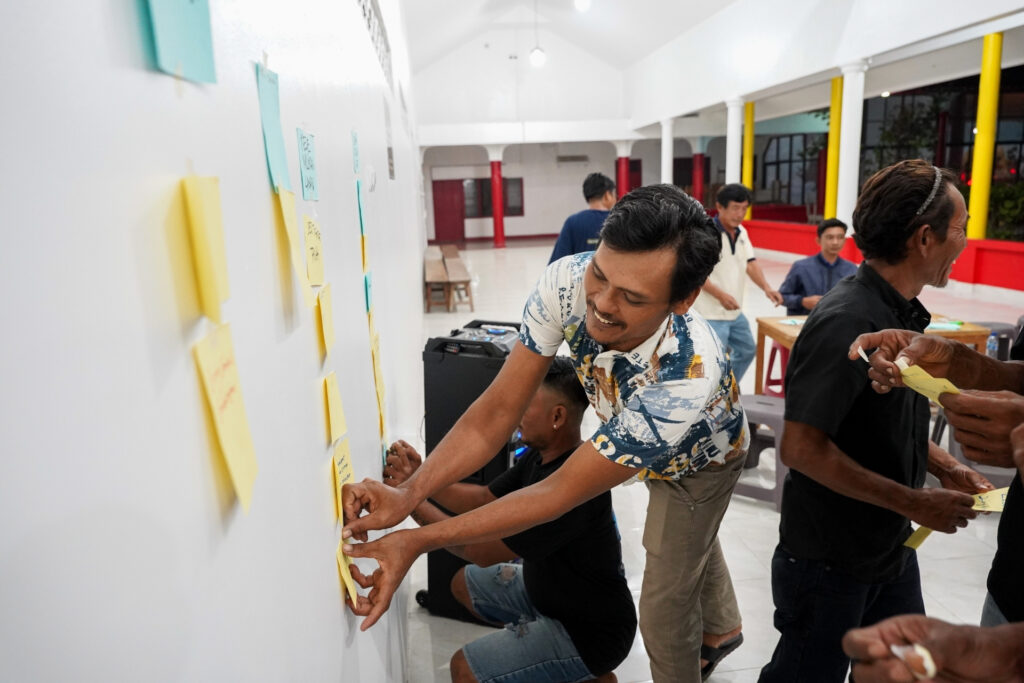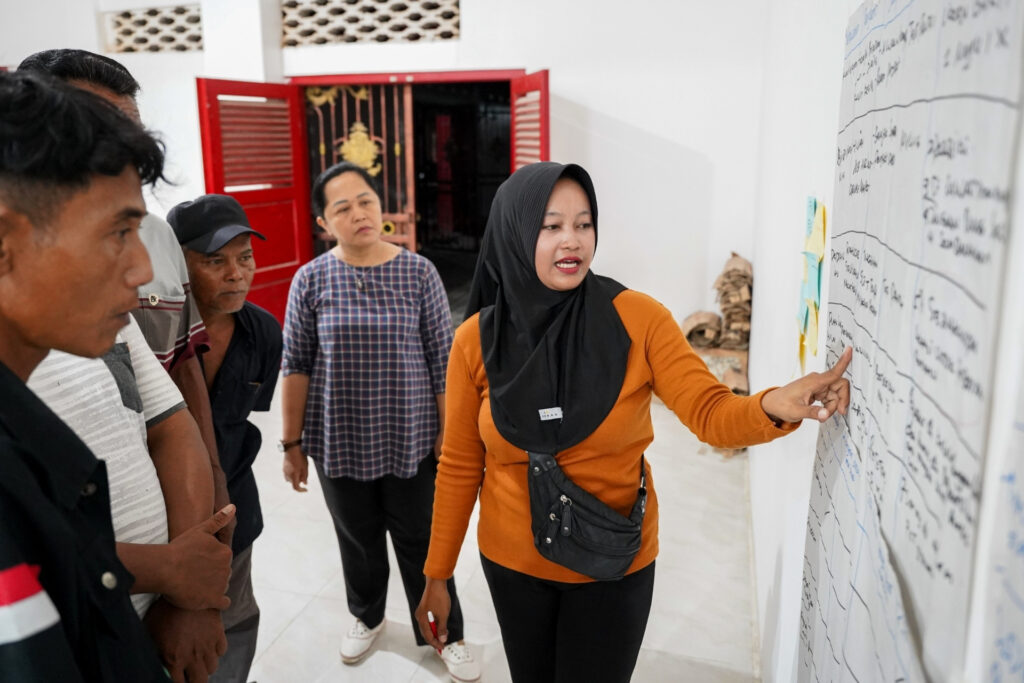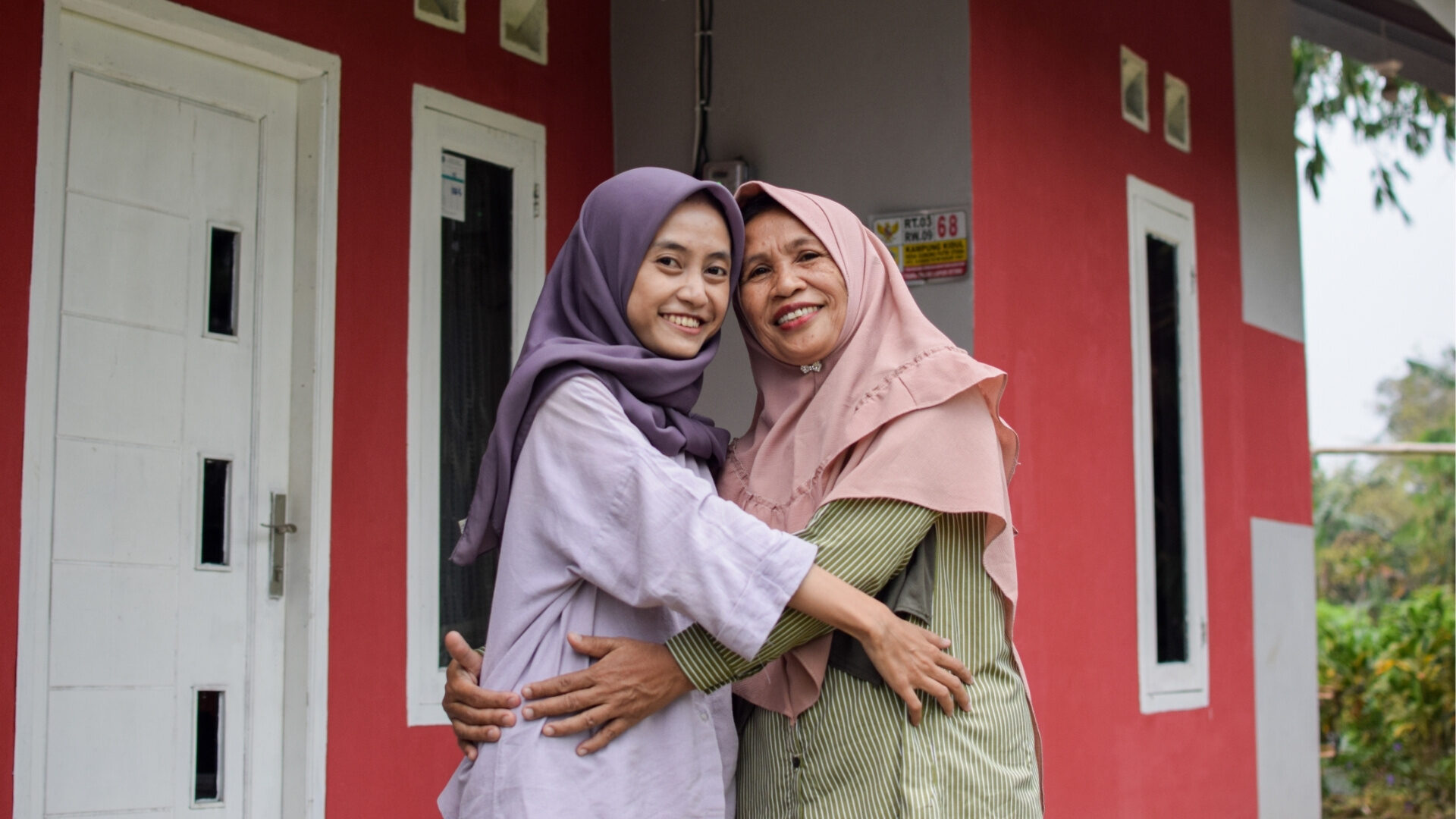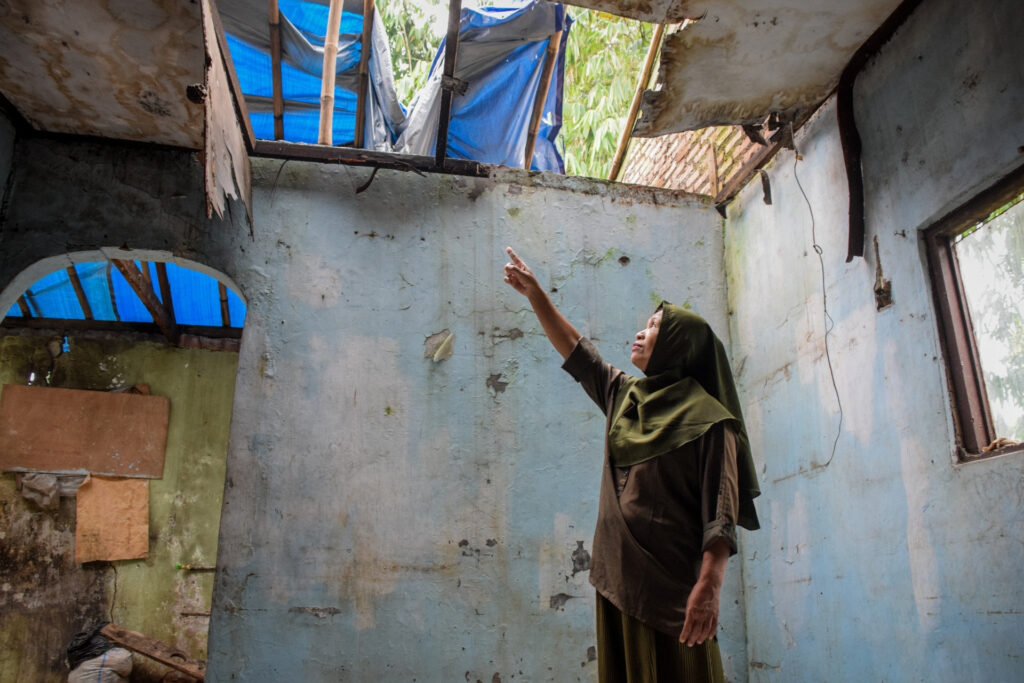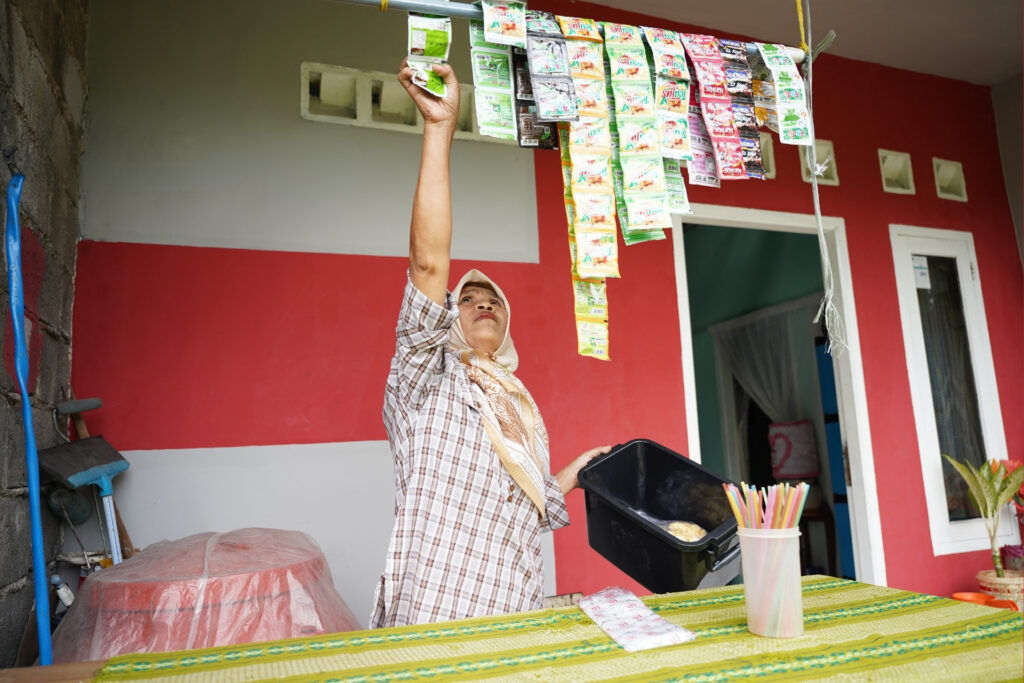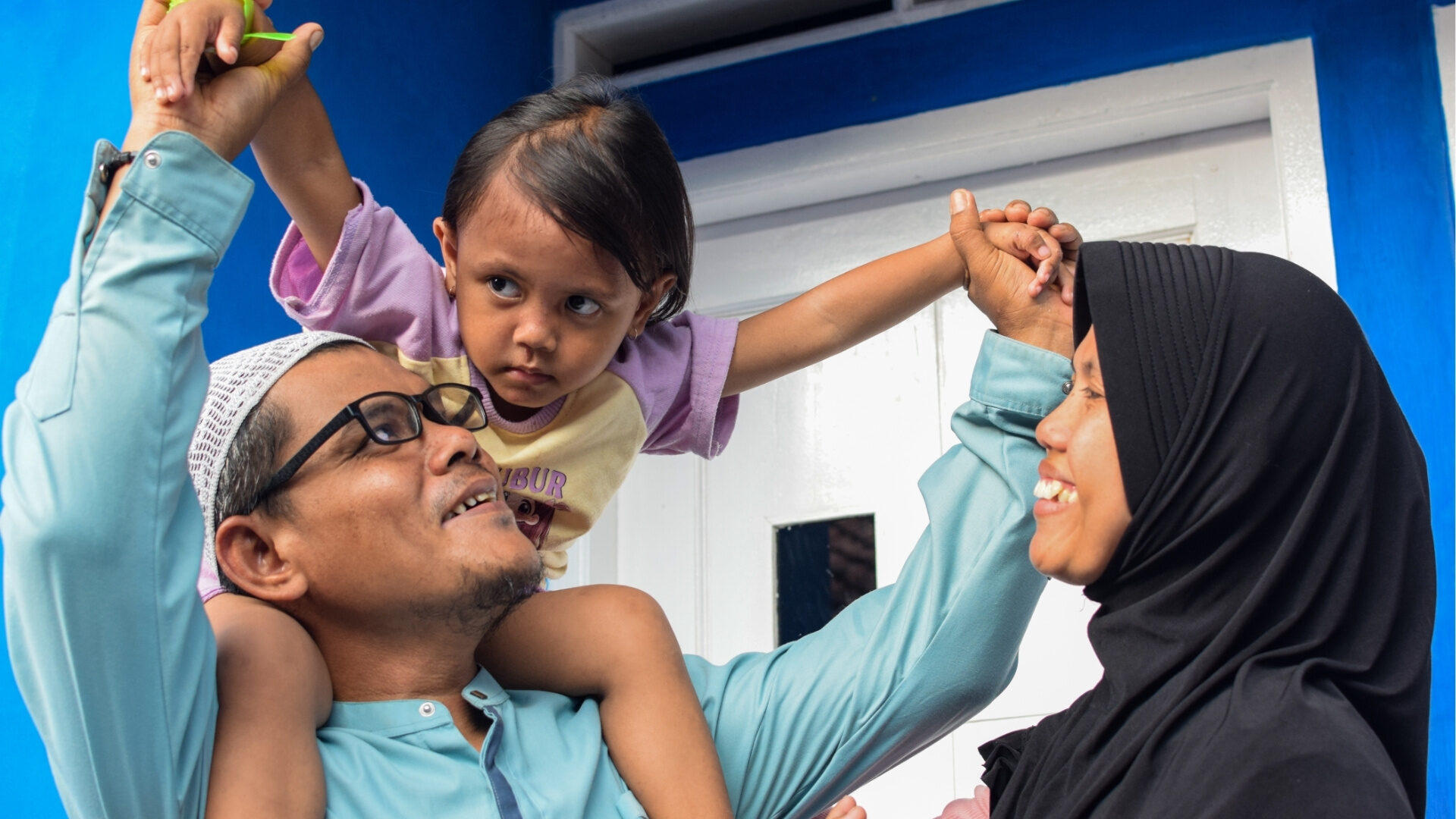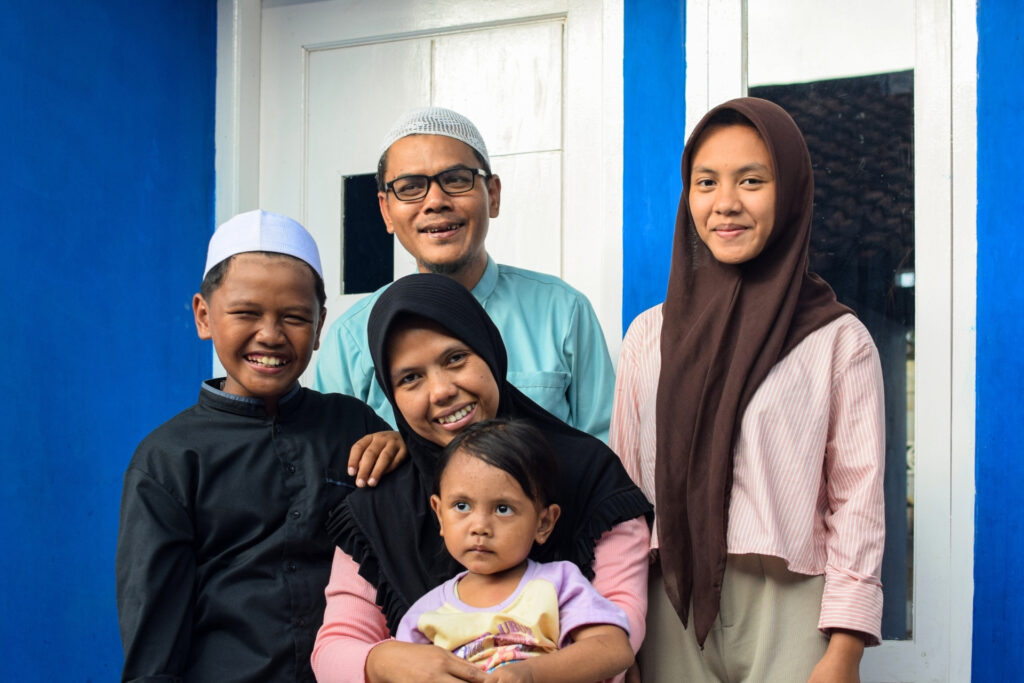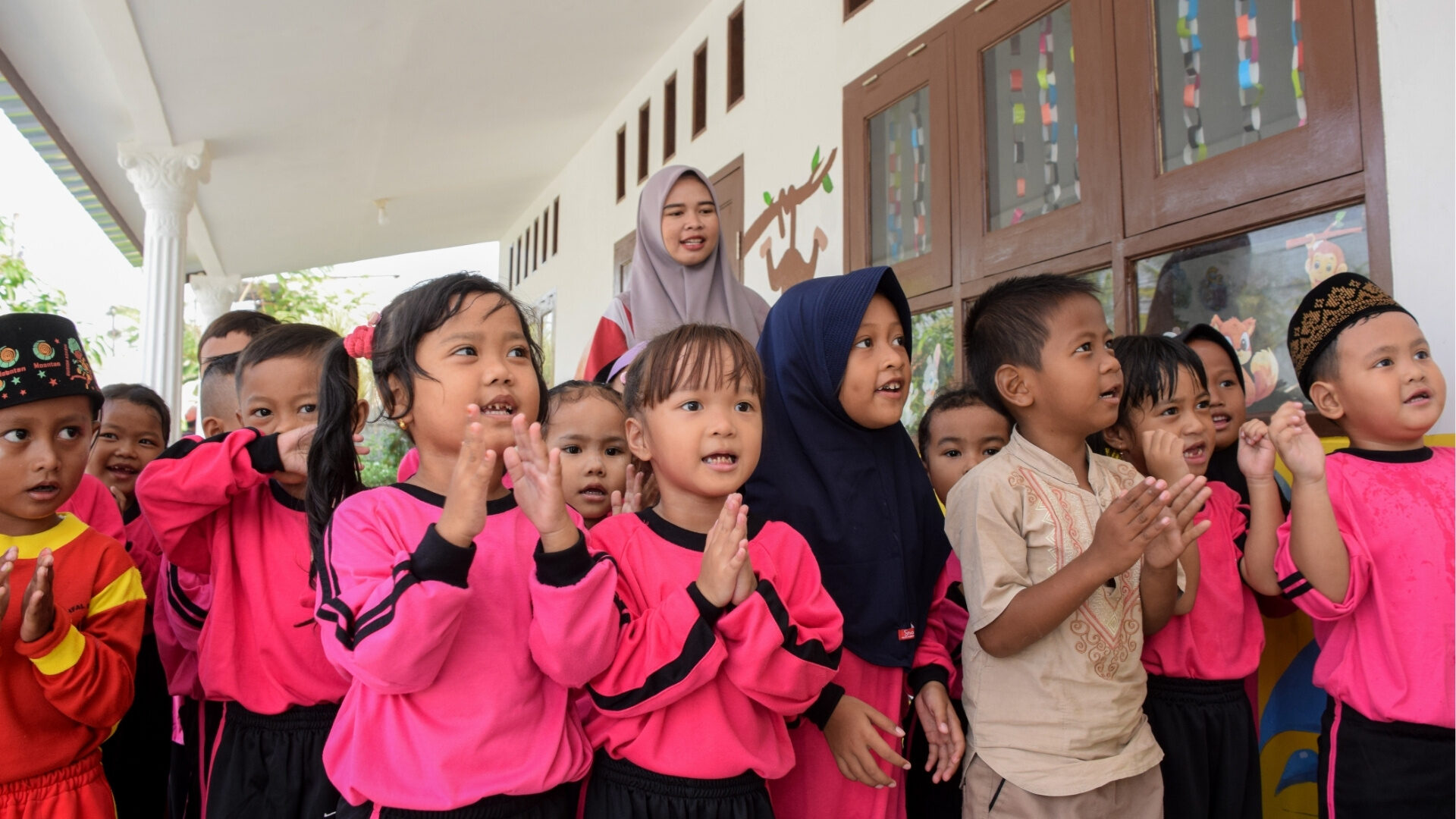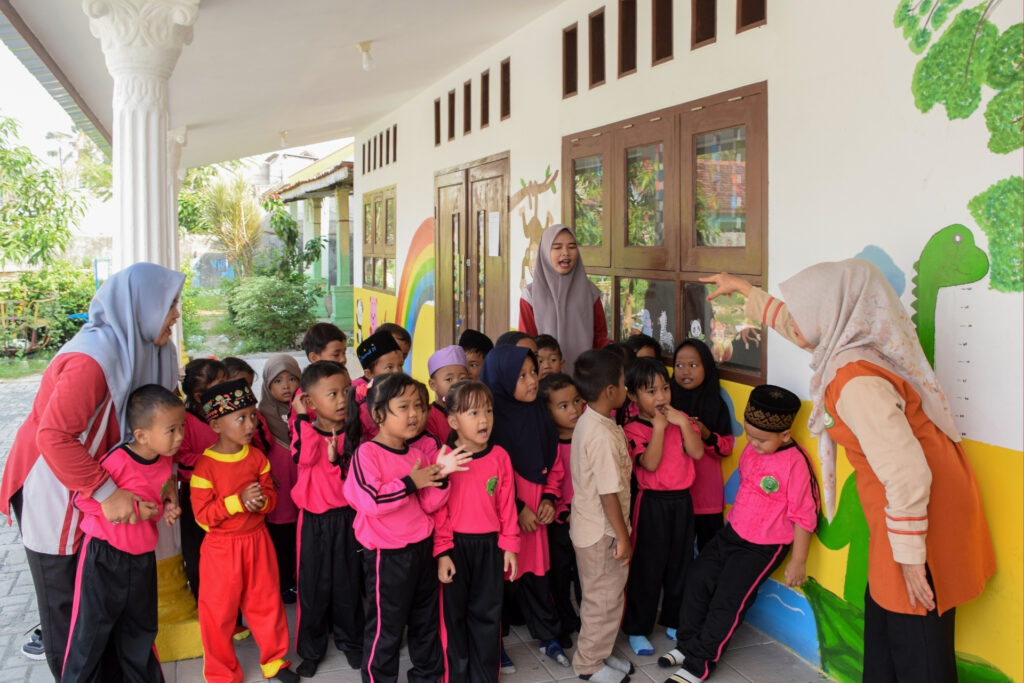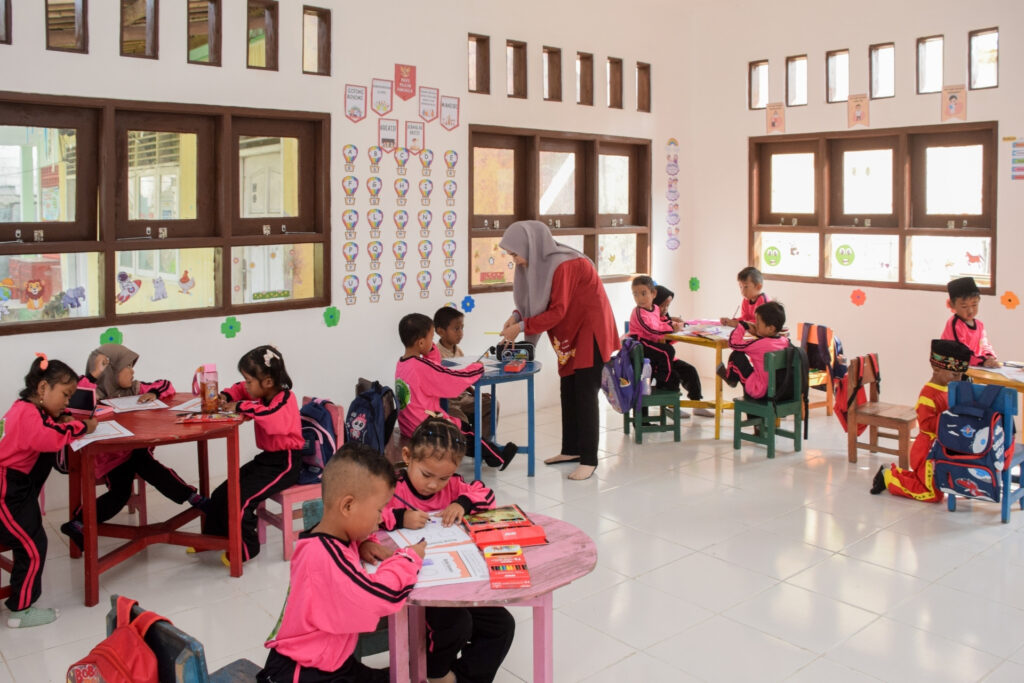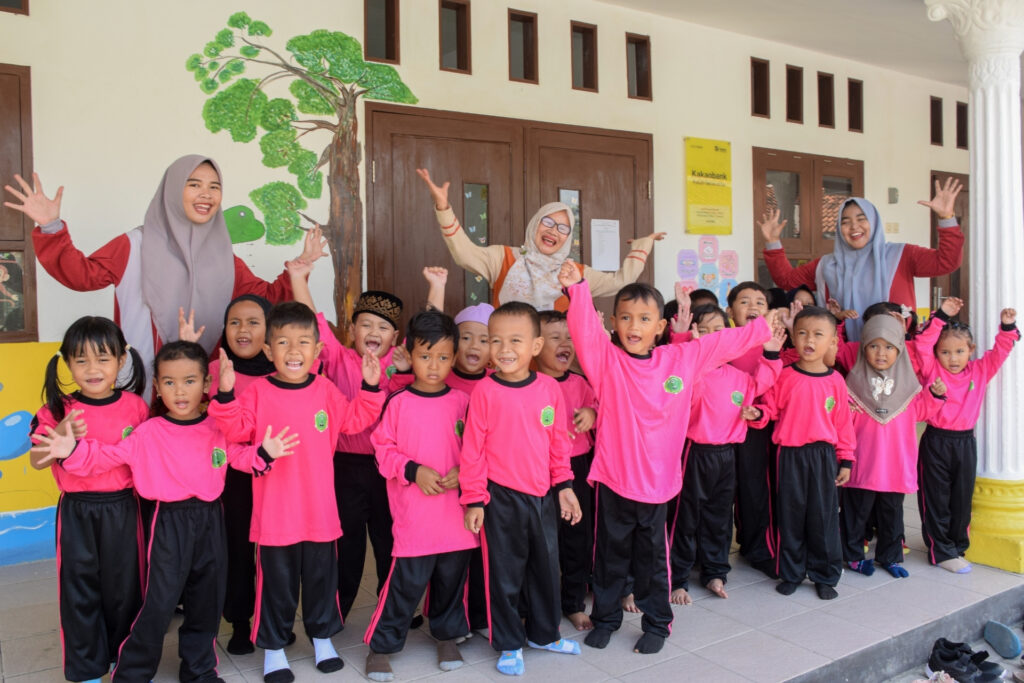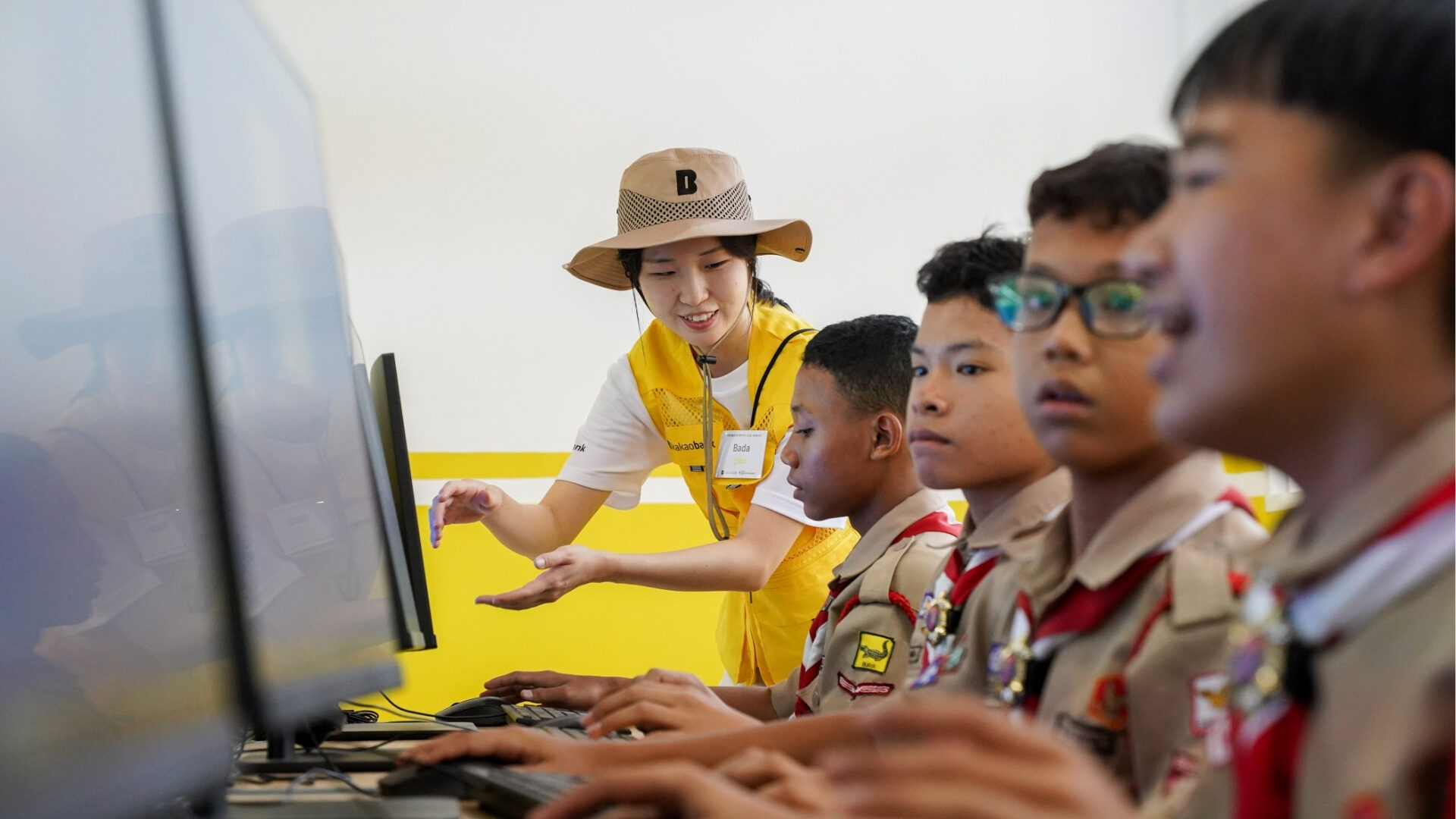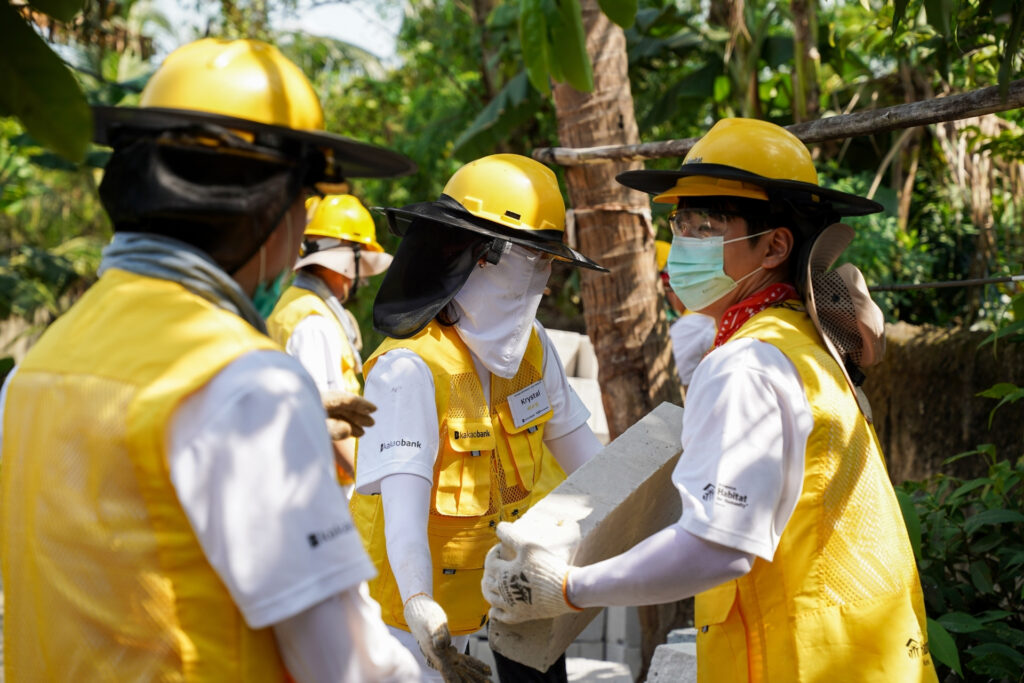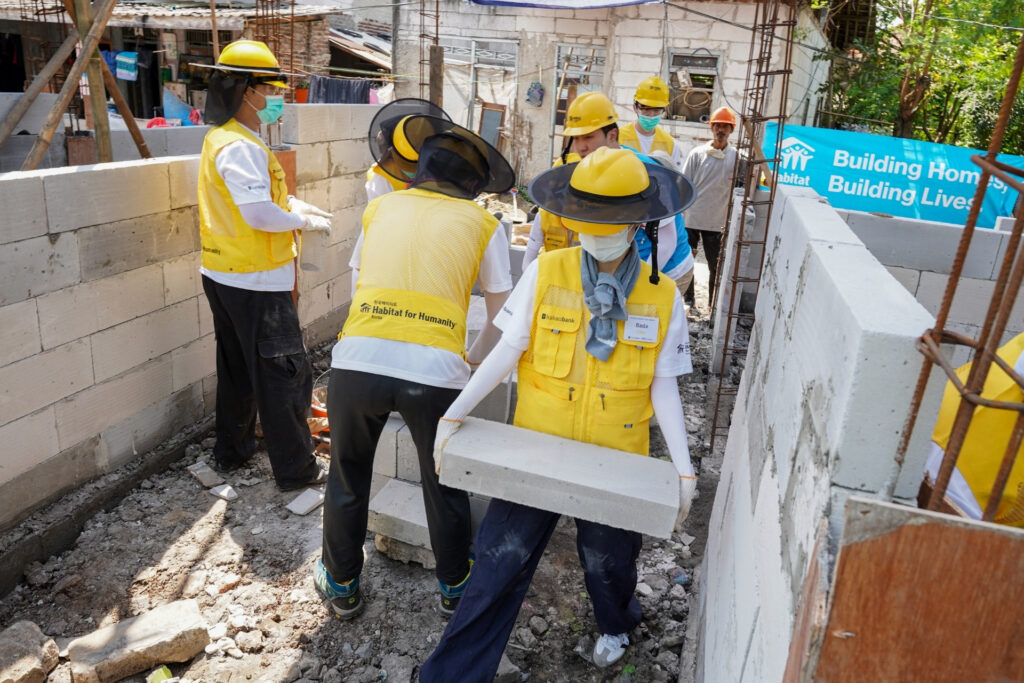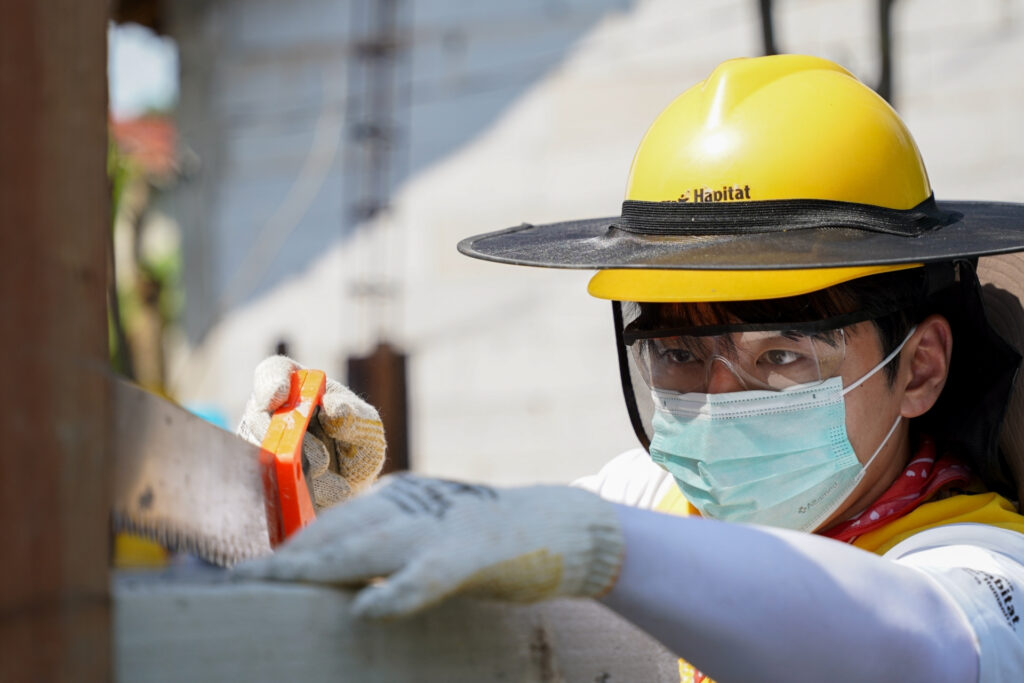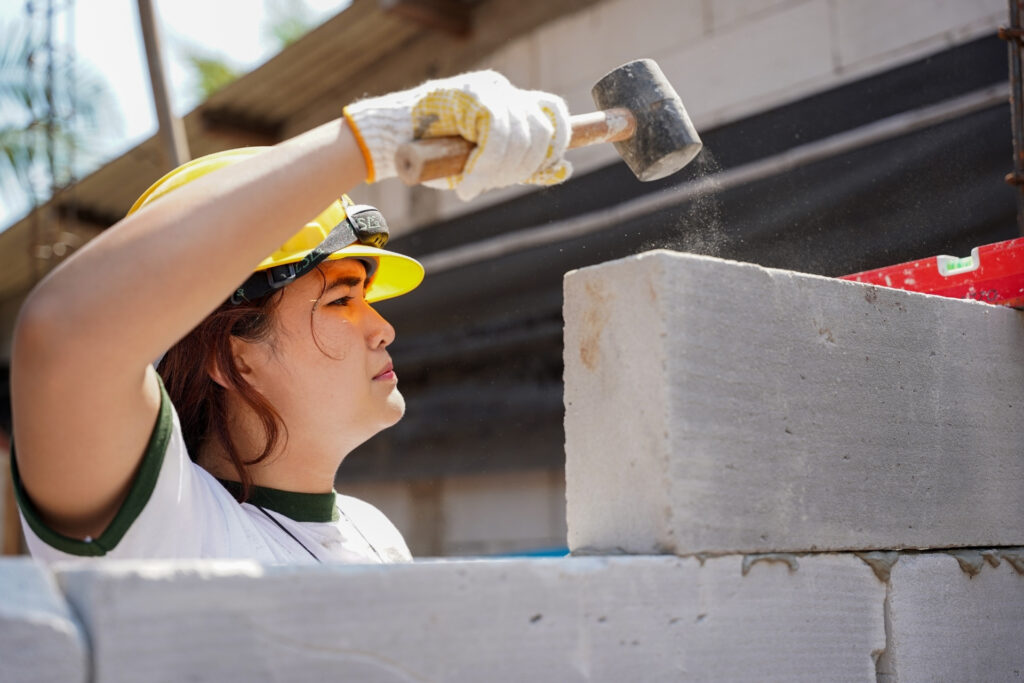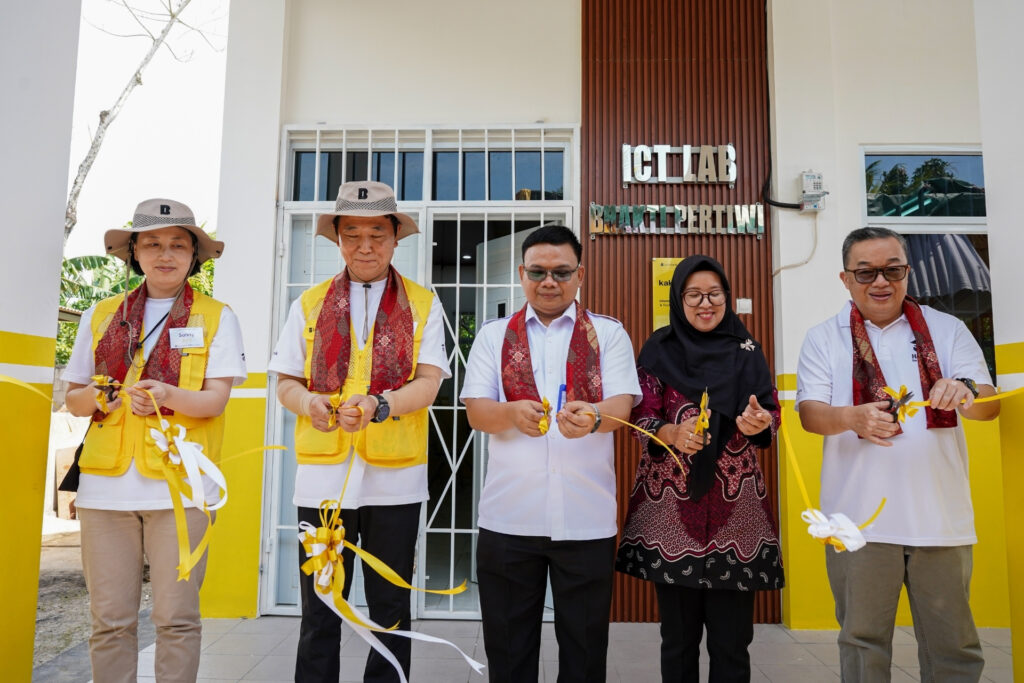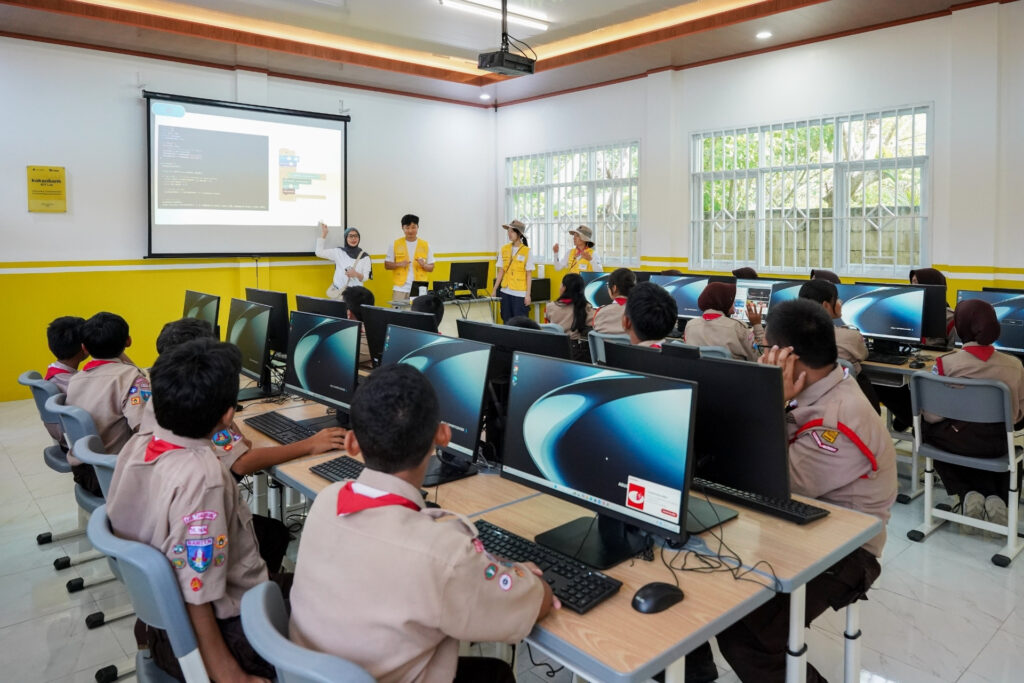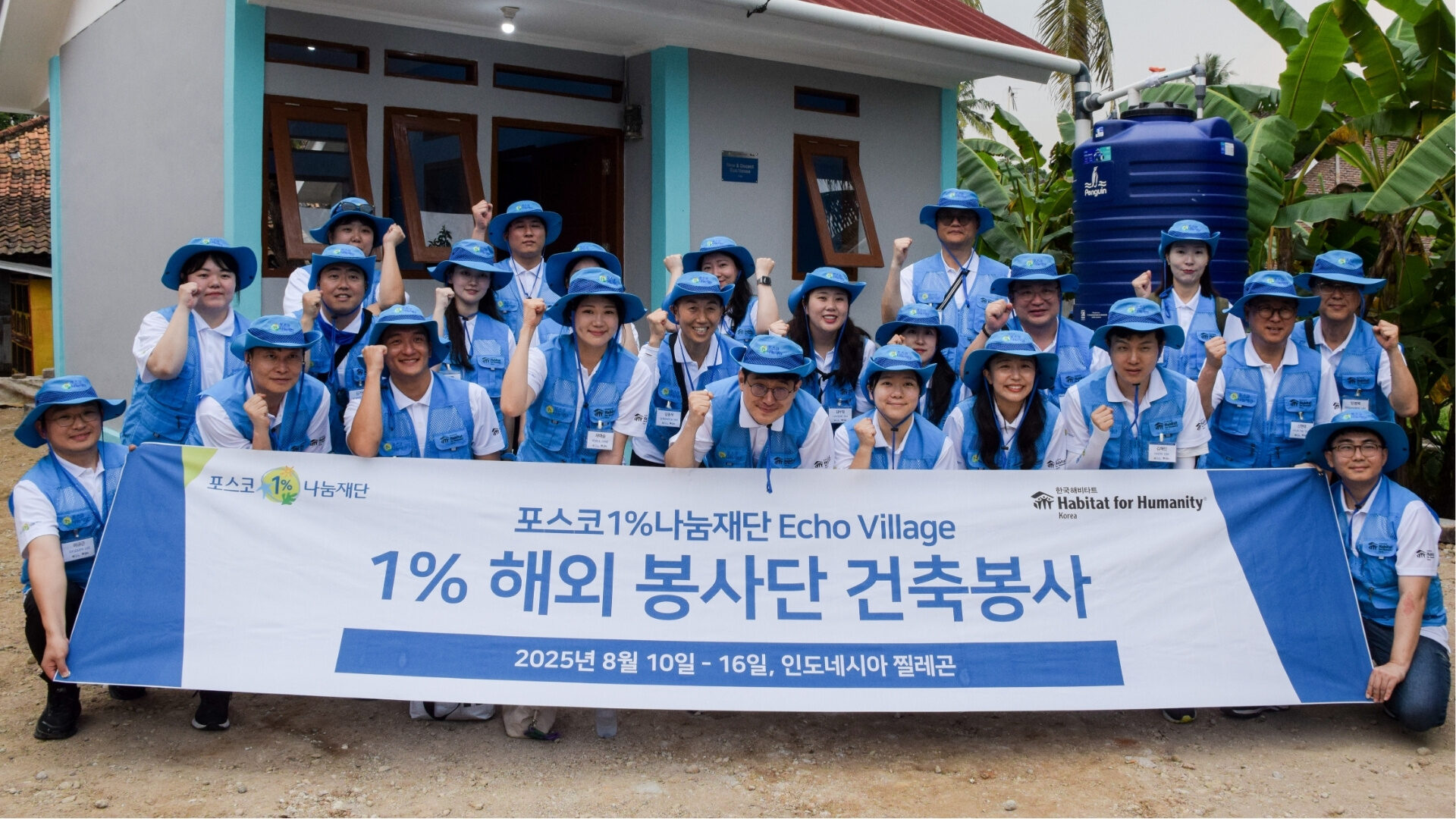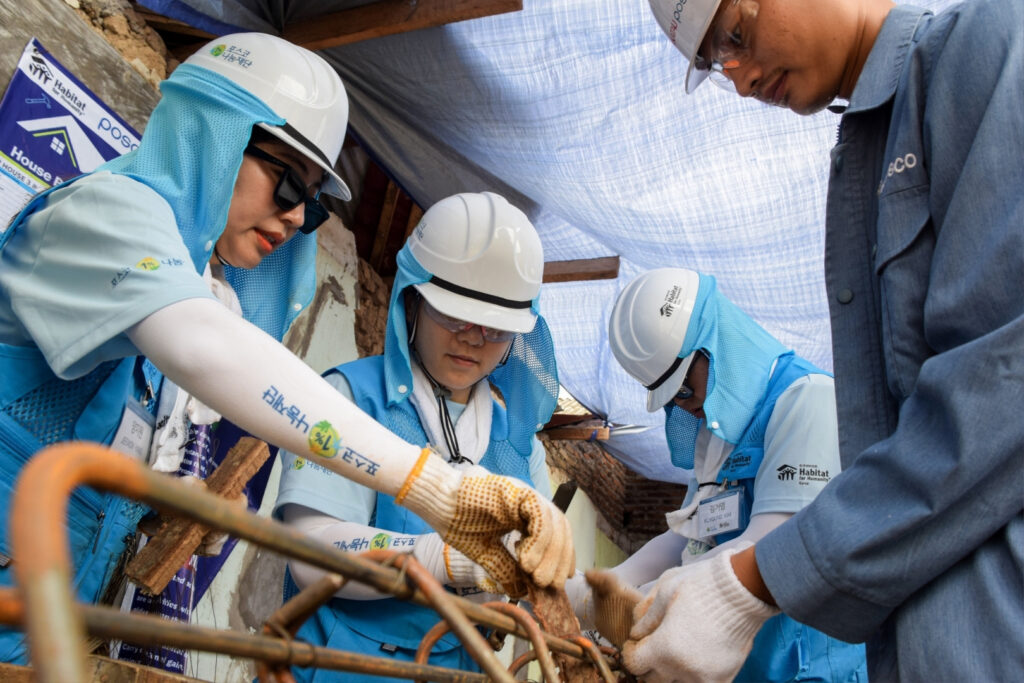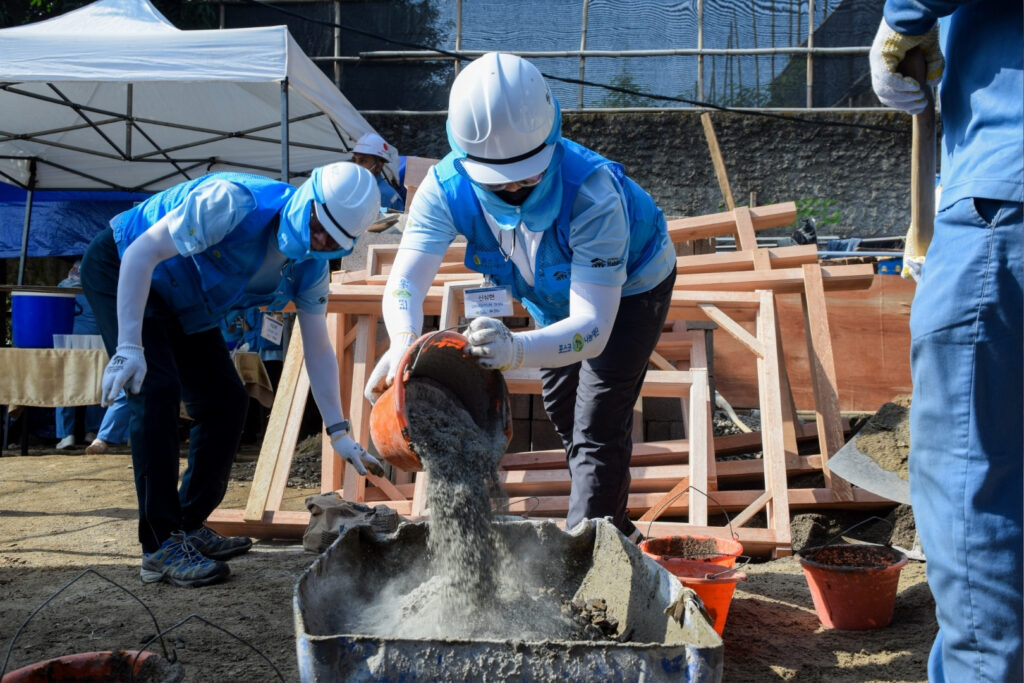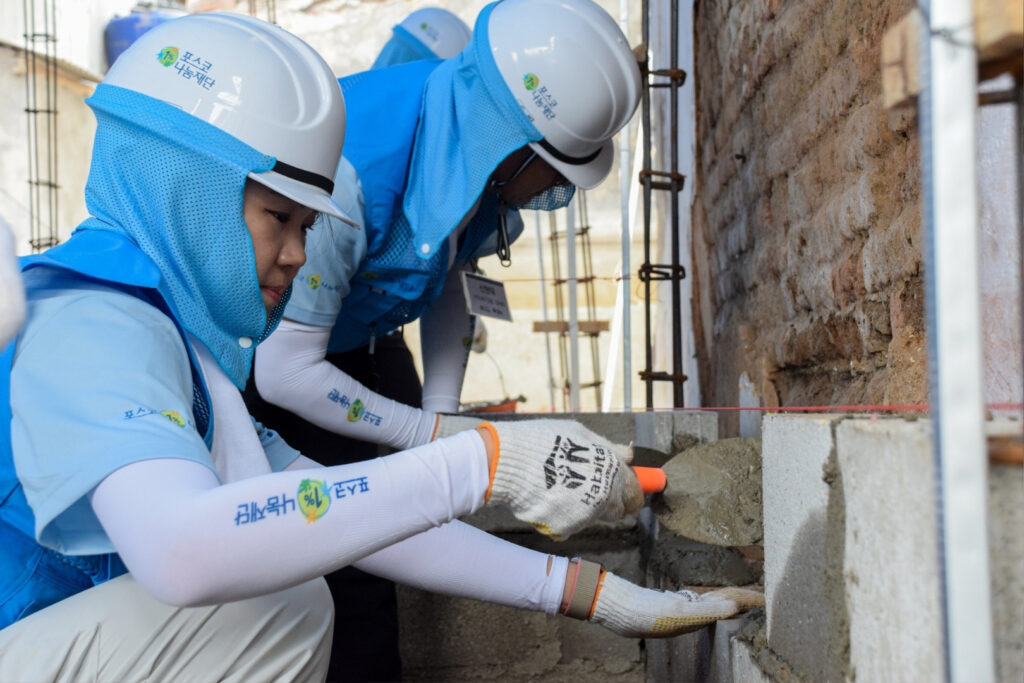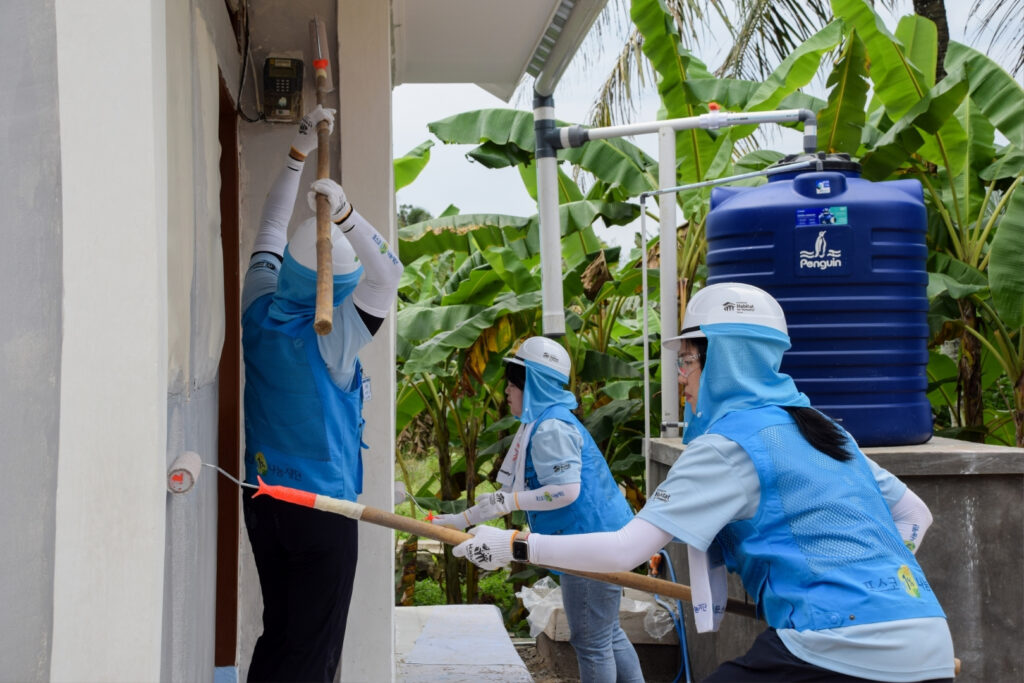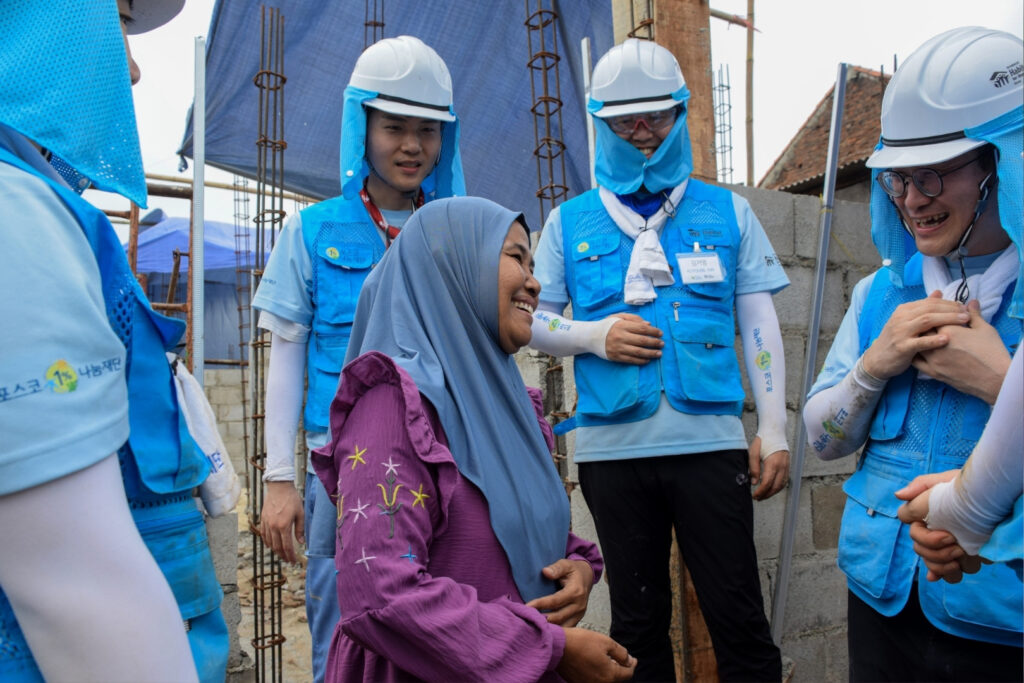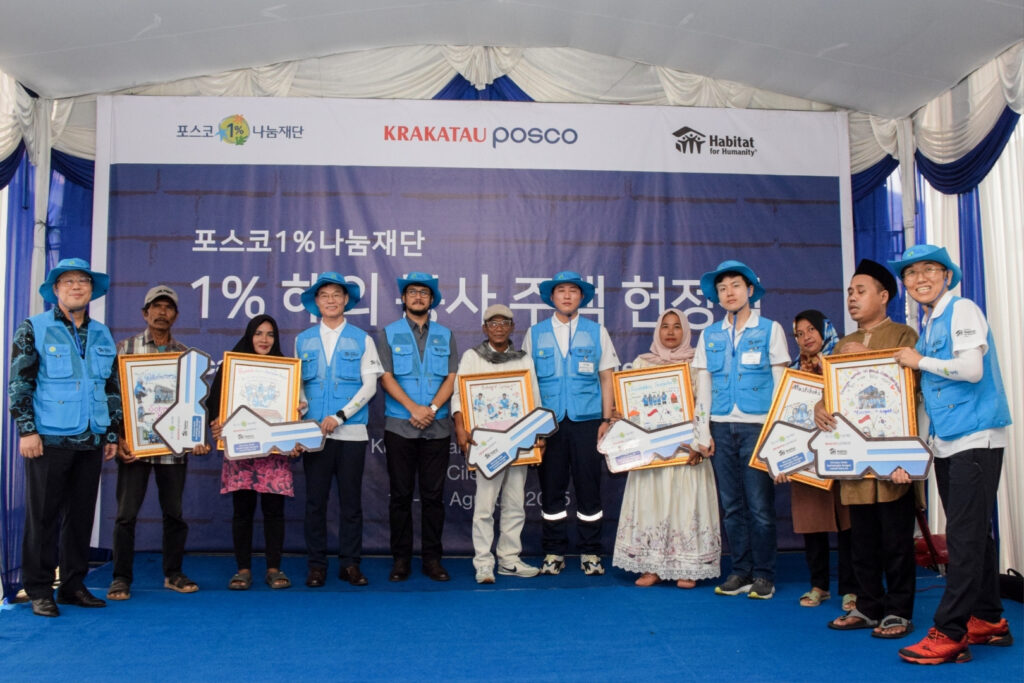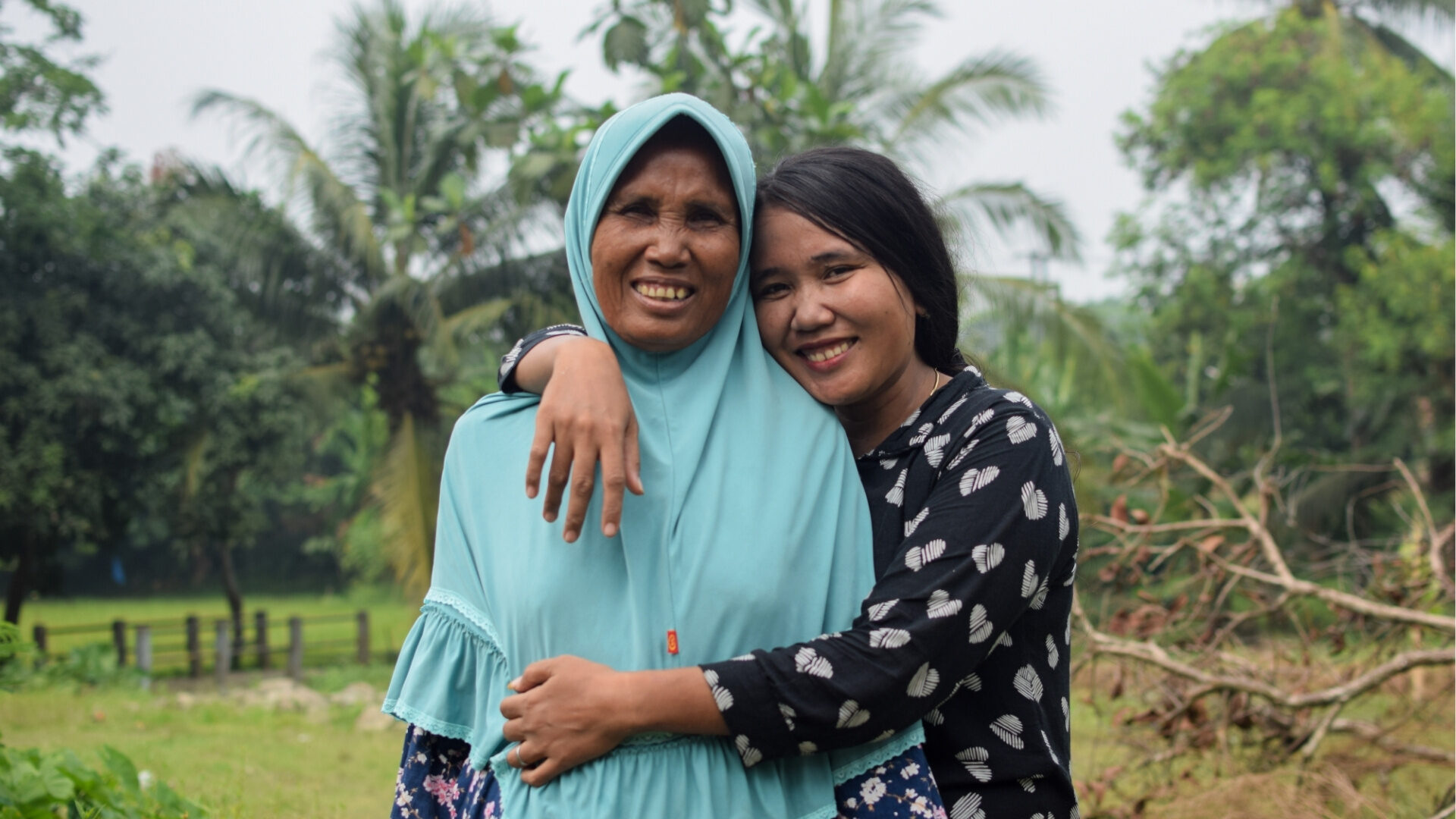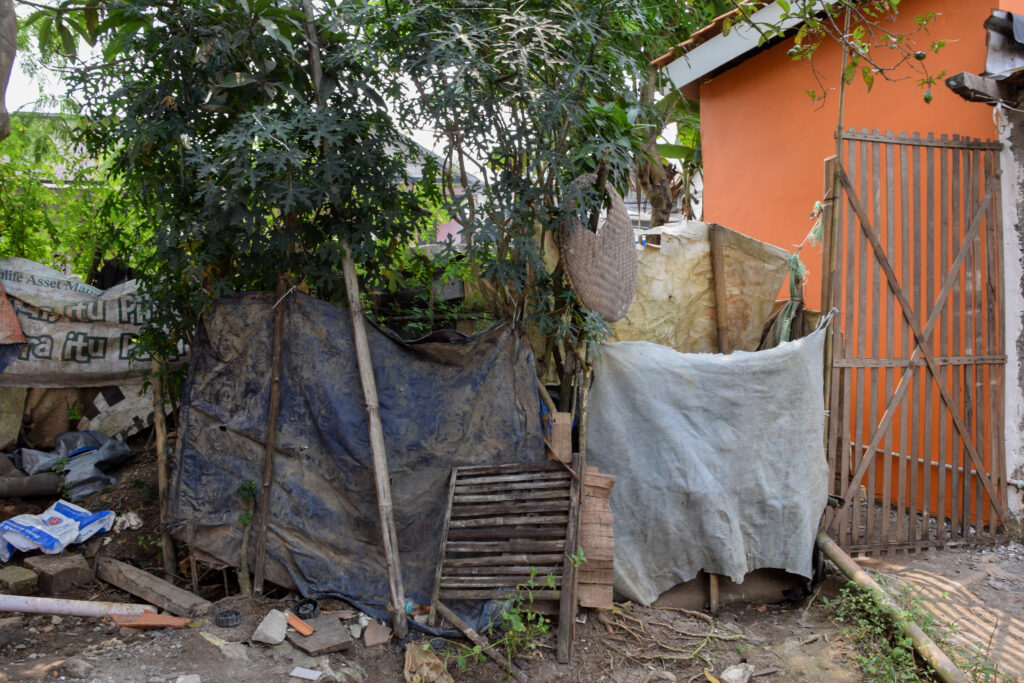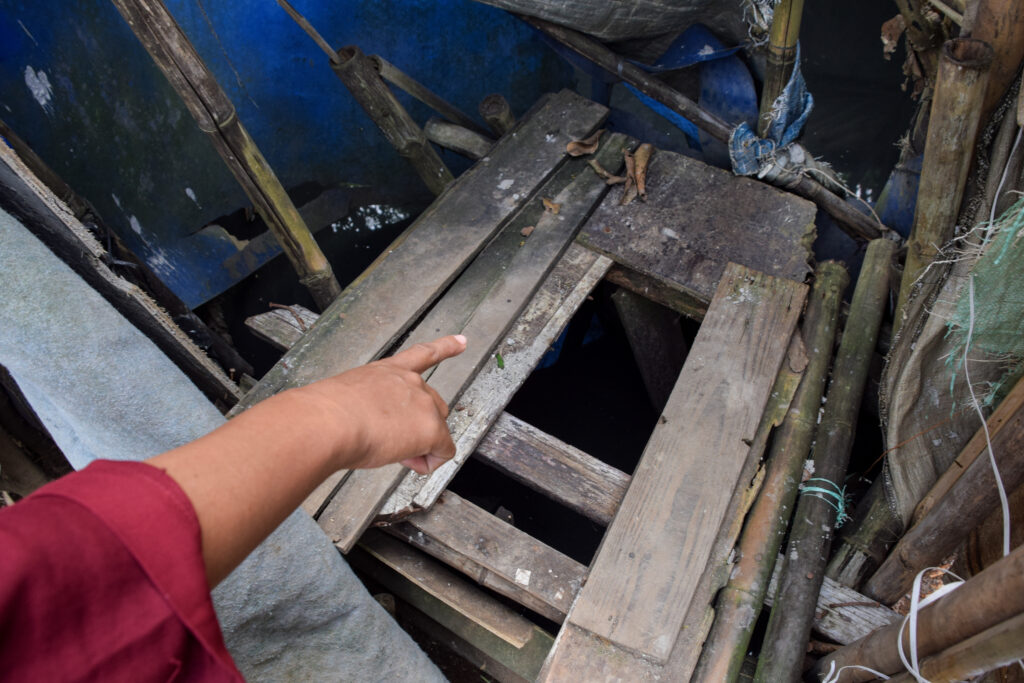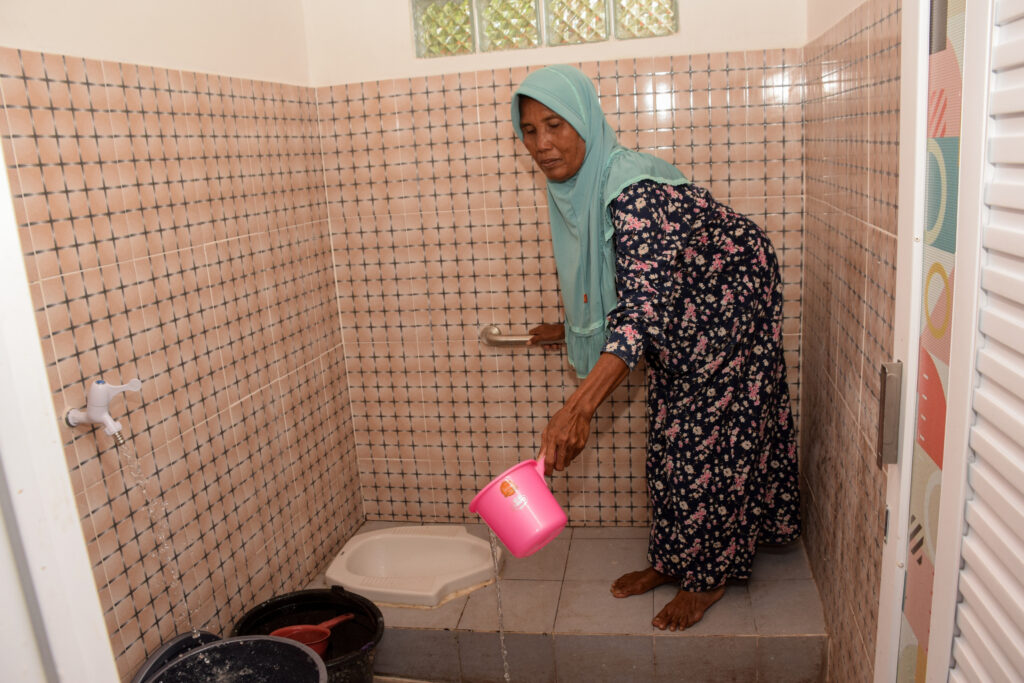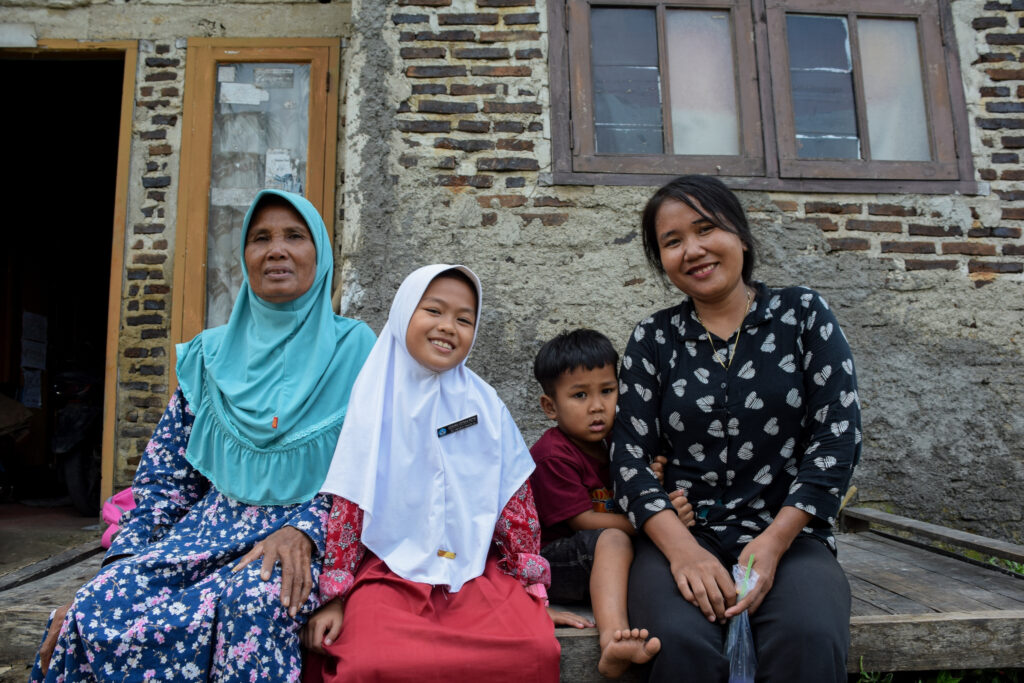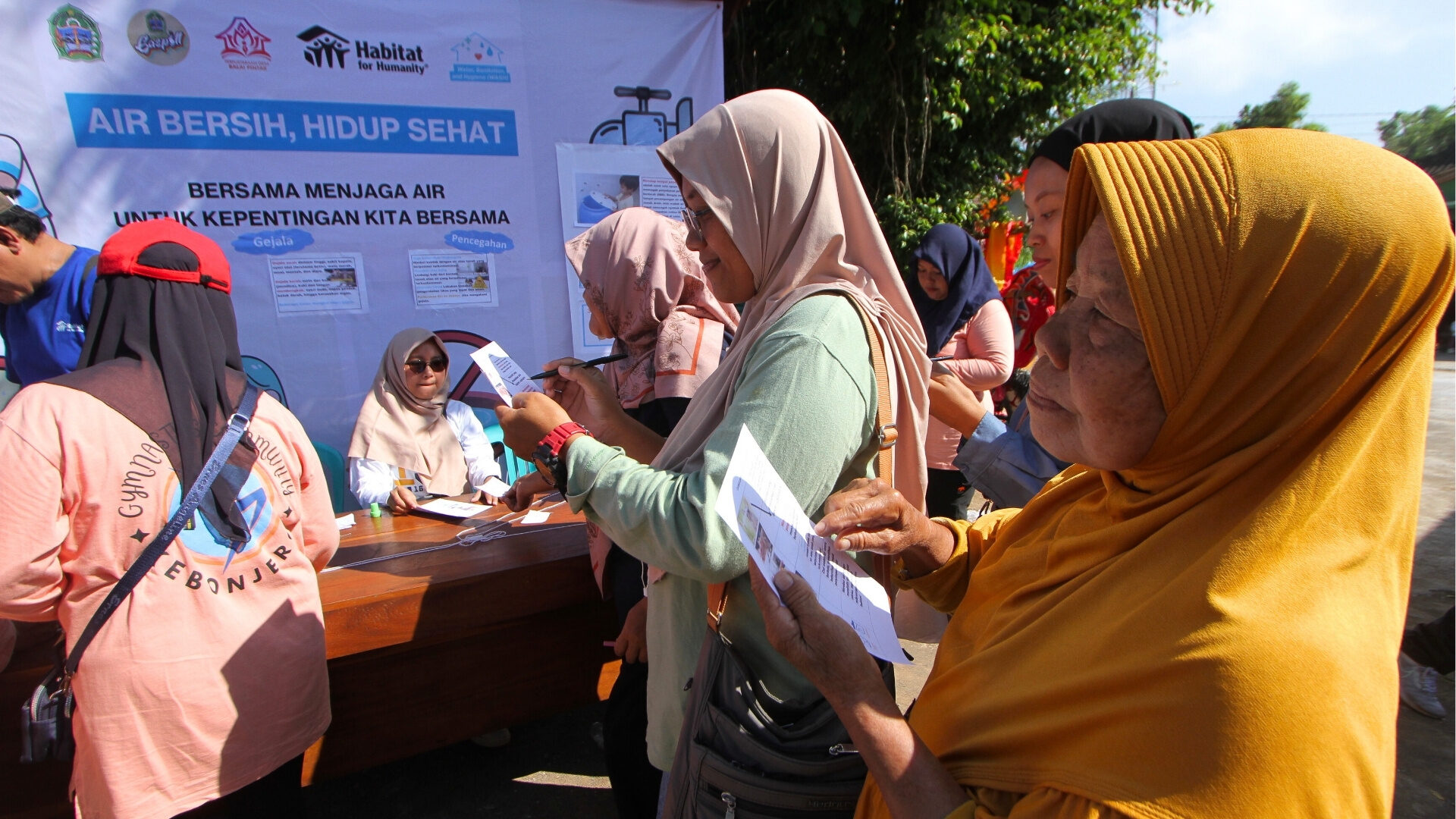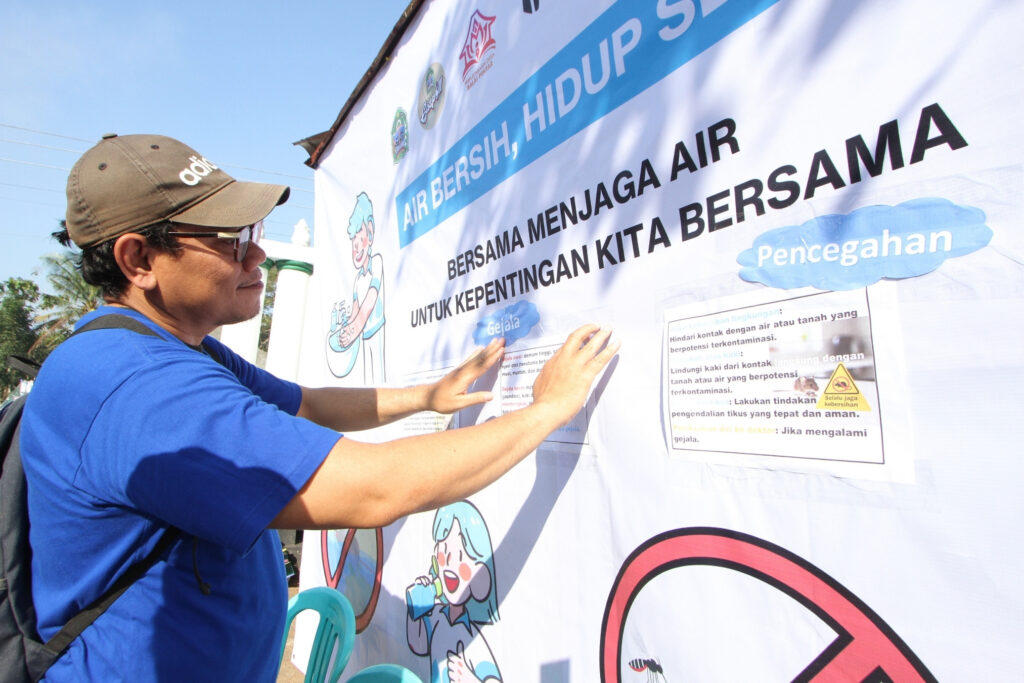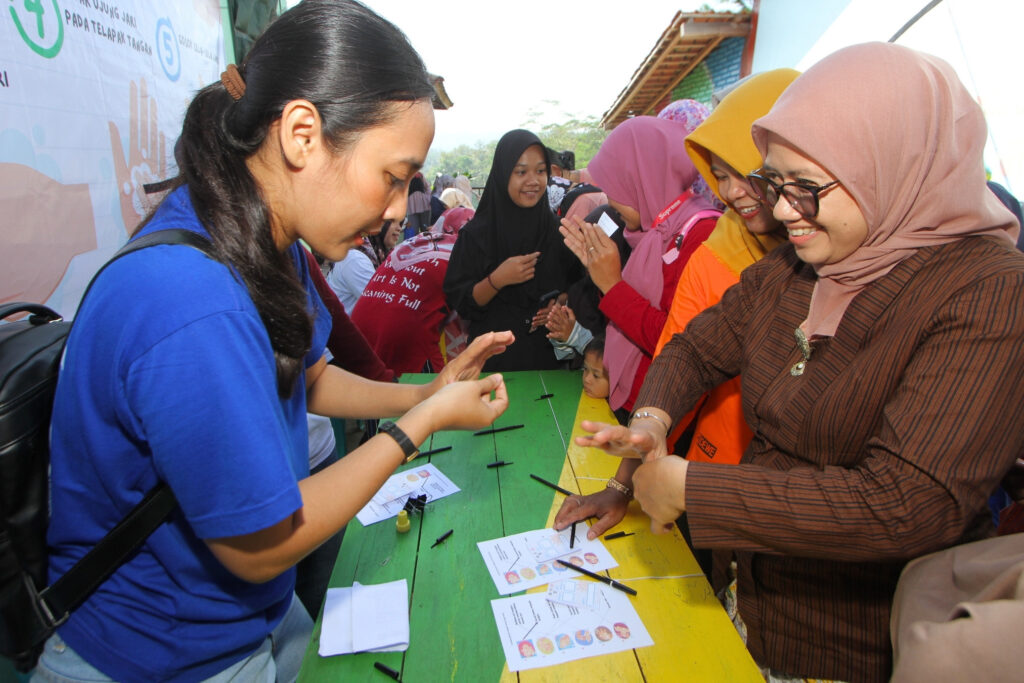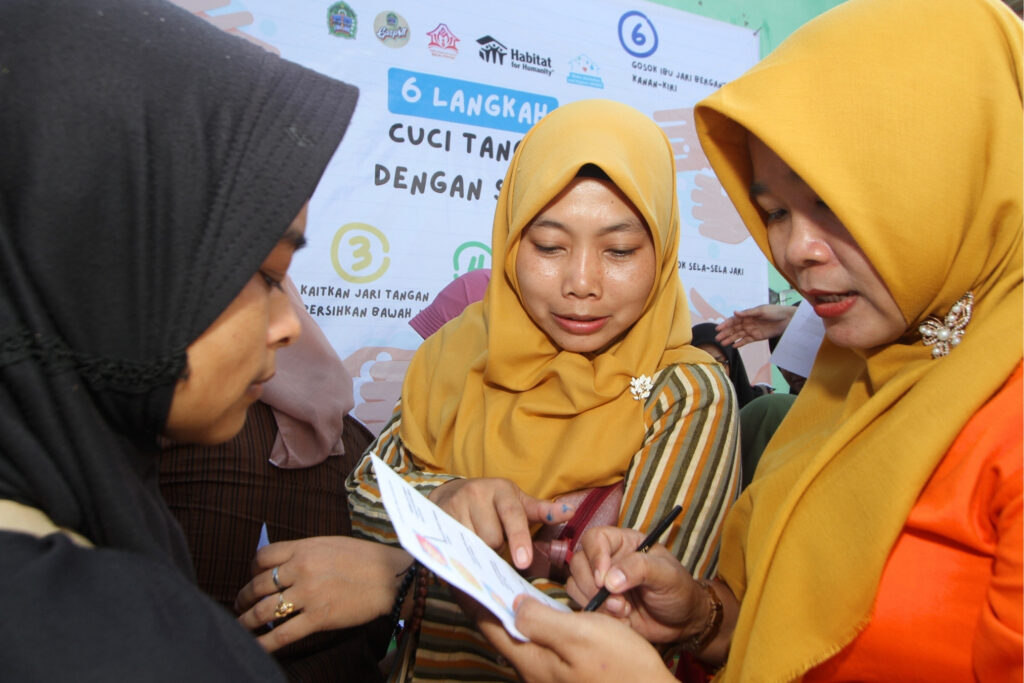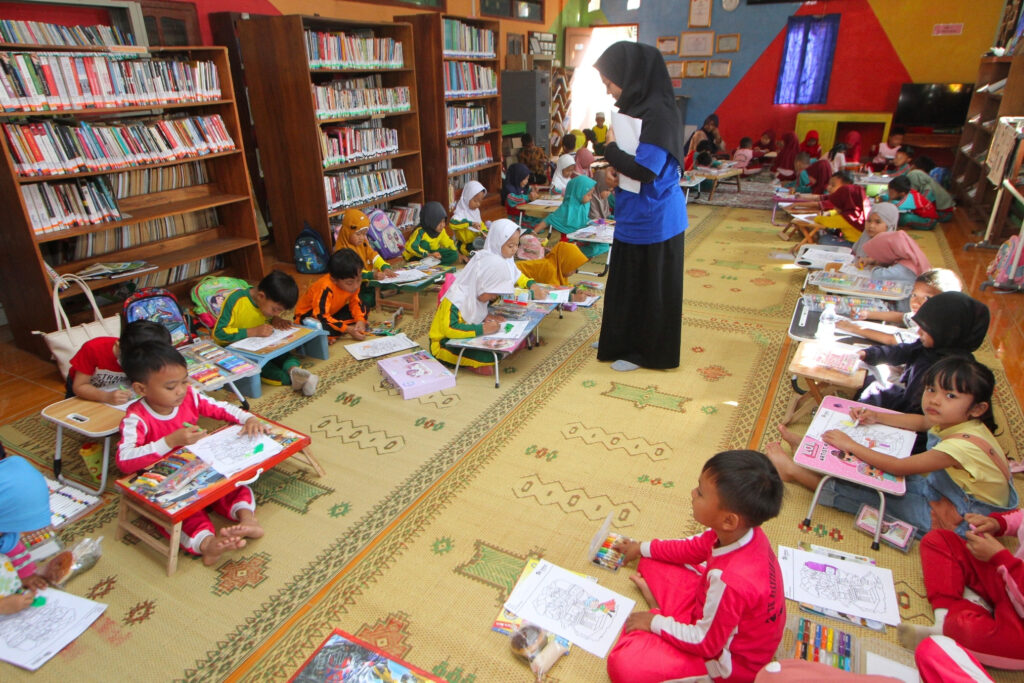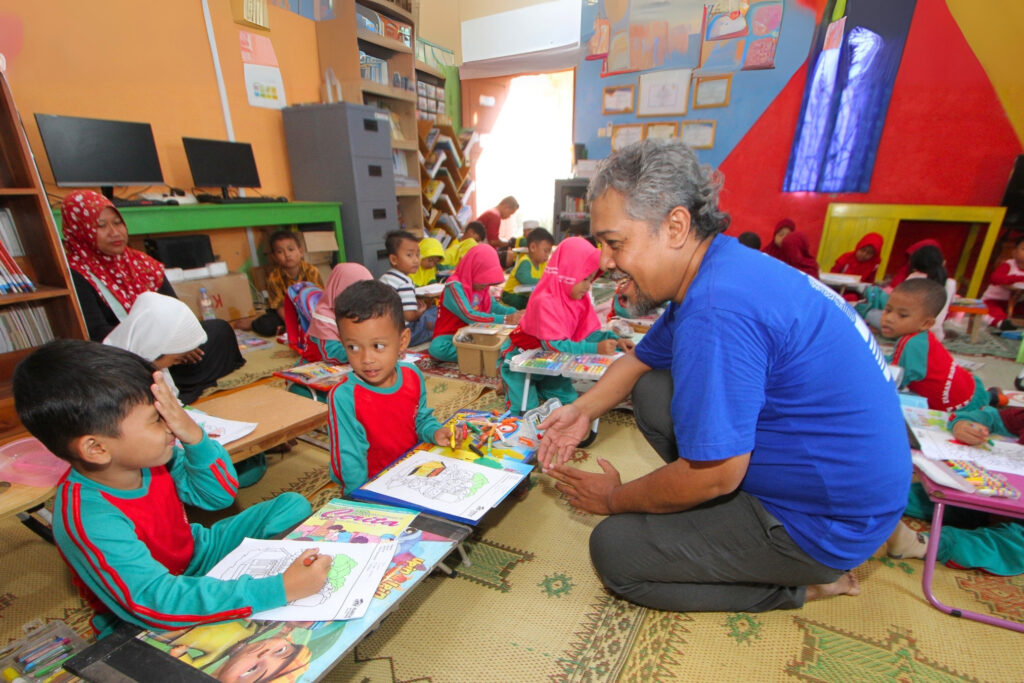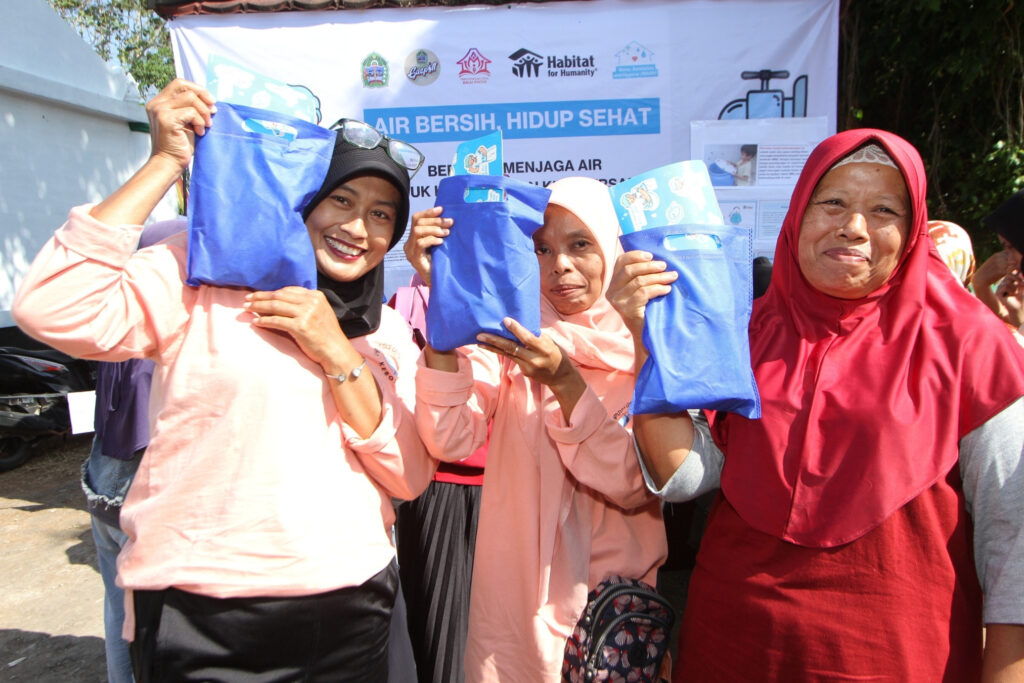Youth Pledge Spirit Resonates Through Real Action at 28UILD 2025
Jakarta, October 25, 2025 – In celebration of Indonesia’s Youth Pledge Day, 400 young Indonesians demonstrated their unity and commitment through real action—building decent homes alongside Habitat for Humanity Indonesia in the 28UILD 2025 event.
Since its declaration on October 28, 1928, the Youth Pledge has stood as a symbol of young Indonesians’ determination to advance the nation. Today, that same spirit lives on through the hands of youth working together to build homes for low-income families—a tangible expression of compassion and solidarity amid Indonesia’s housing backlog, which still exceeds 12 million units.
Habitat for Humanity Indonesia believes that youth participation is key to creating real change. Through 28UILD, they are not only building walls and foundations but also nurturing hope, solidarity, and humanity.
This year, 28UILD 2025 took place simultaneously in Tangerang, Yogyakarta, and Gresik on Saturday, October 25, 2025. Hundreds of young volunteers took part directly in the construction work—from laying bricks and painting walls to forming foundations. Under the scorching sun, their spirits remained high, filled with laughter, warm conversations, and pride in contributing to the community.
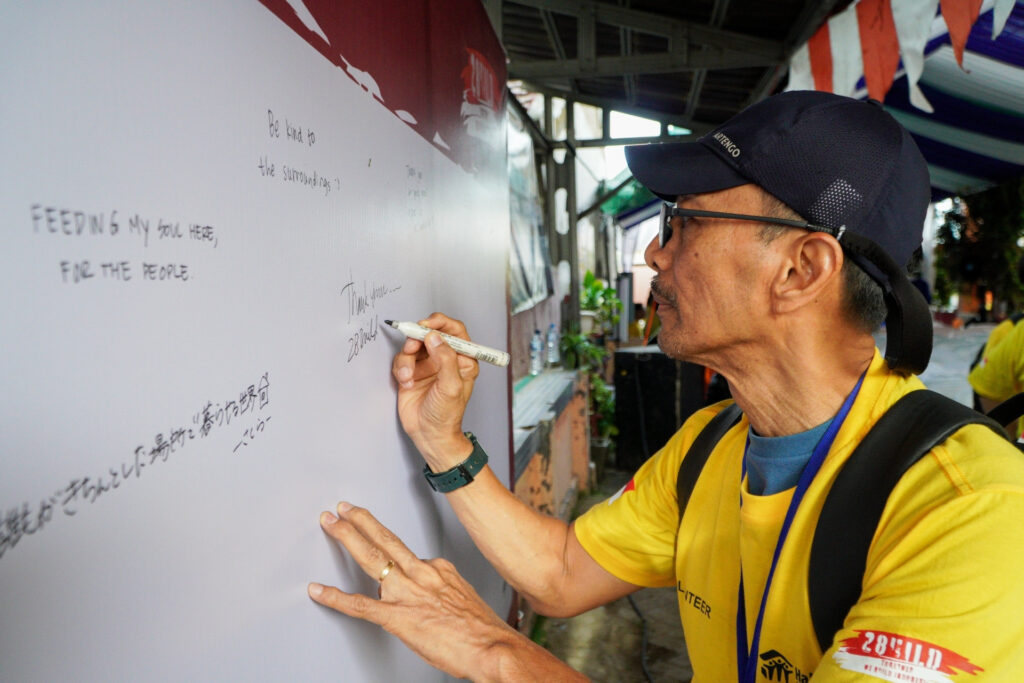
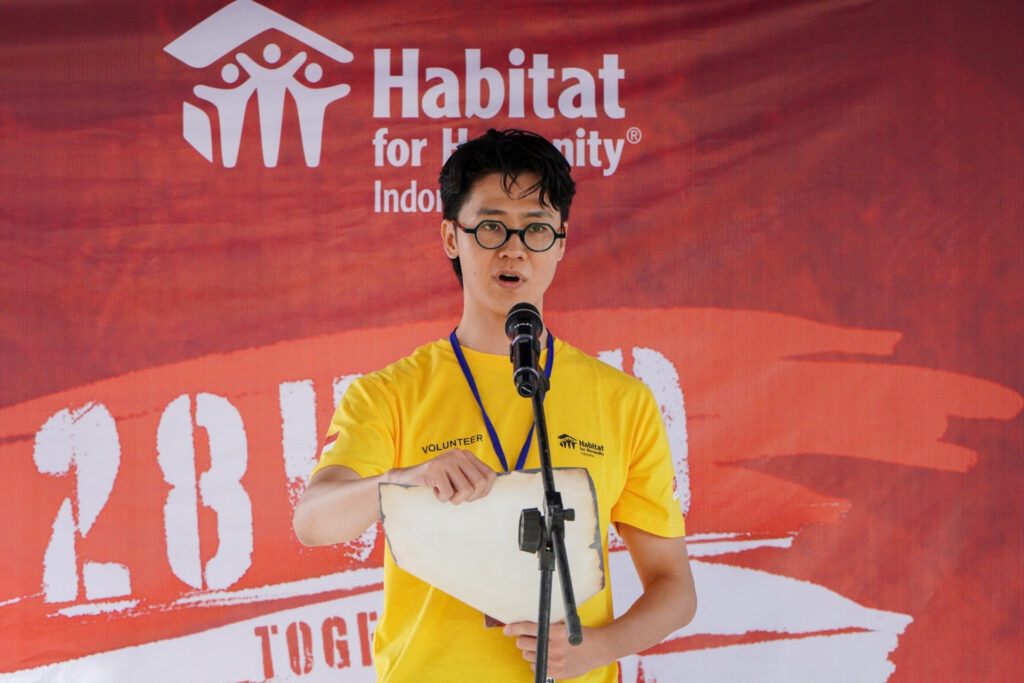
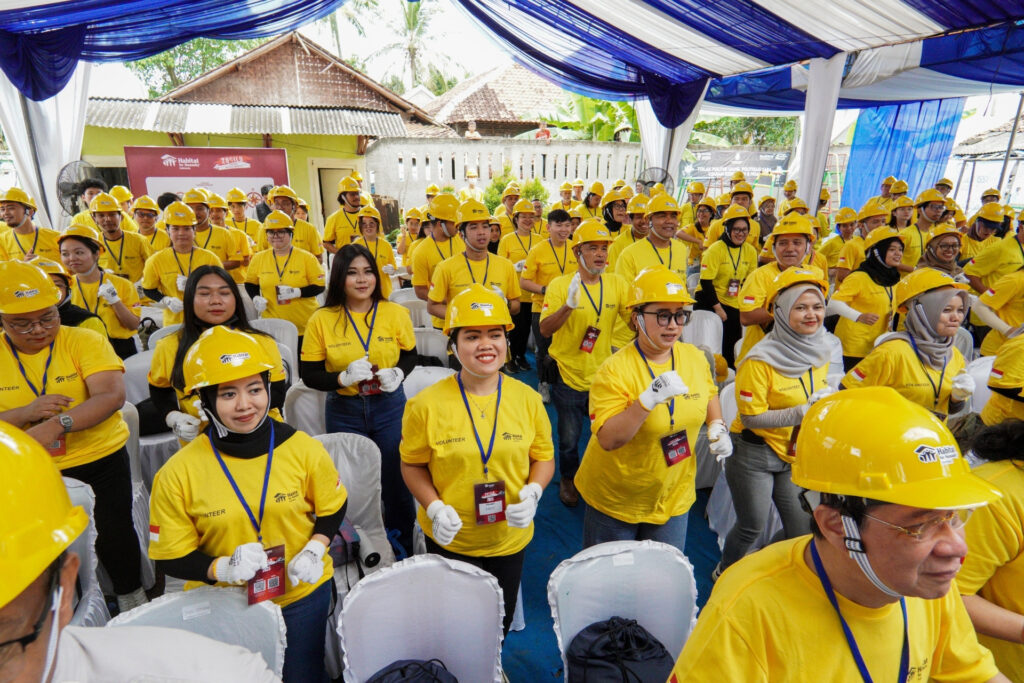
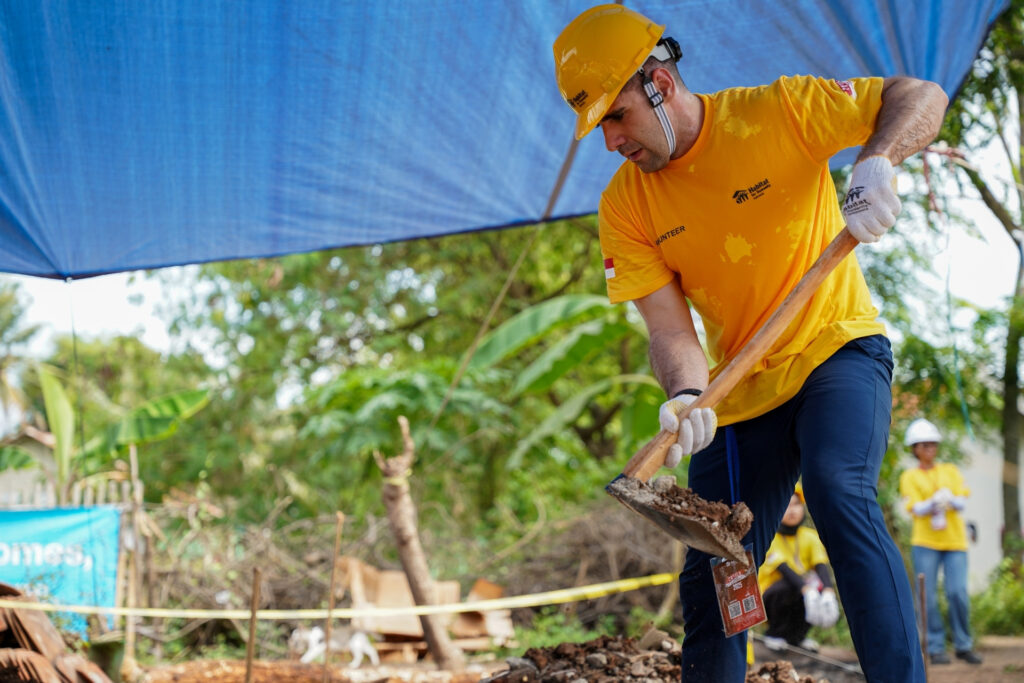
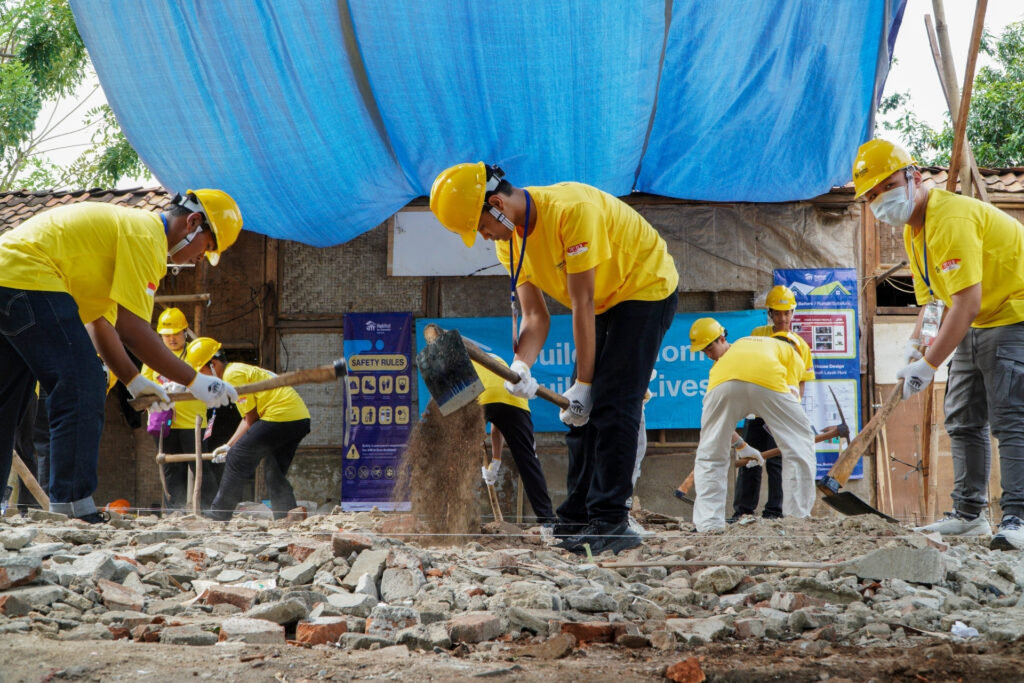
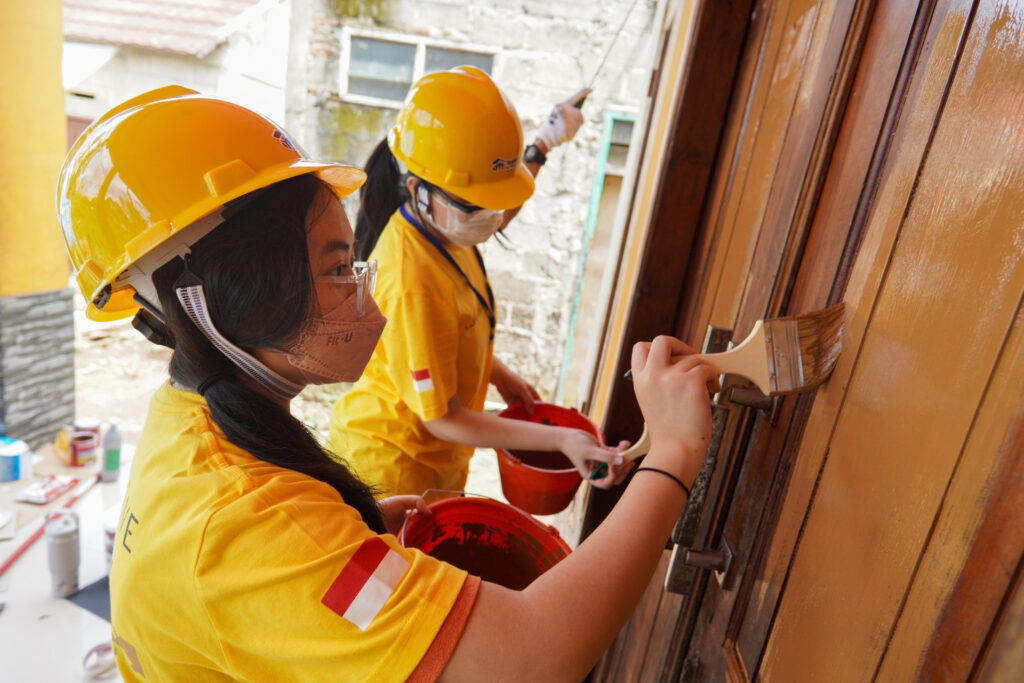
In addition to house construction, the event also featured a creative competition with a total prize pool of IDR 16 million, covering T-shirt design, chants, jingles, and activity coverage. Through these contests, young people were encouraged to channel their ideas, energy, and creativity positively to amplify the message of decent housing for all.
The event also received support from various Key Opinion Leaders (KOLs) and public figures who inspired youth to take action, including Han Chandra, Josh Kunze, and the Act of Love community founded by Cinta Laura. Their presence reinforced the message that social concern is not just a concept—it is a true calling for every young Indonesian.
“Youth are the nation’s hope and have proven throughout history to be the drivers of change in Indonesia,” said Handoko Ngadiman, National Director of Habitat for Humanity Indonesia. “Through 28UILD, we invite young people to keep dreaming boldly and acting courageously to help build a better Indonesia. We hope more youth will embody the spirit of the Youth Pledge through real action to end housing poverty for vulnerable families across the nation.”
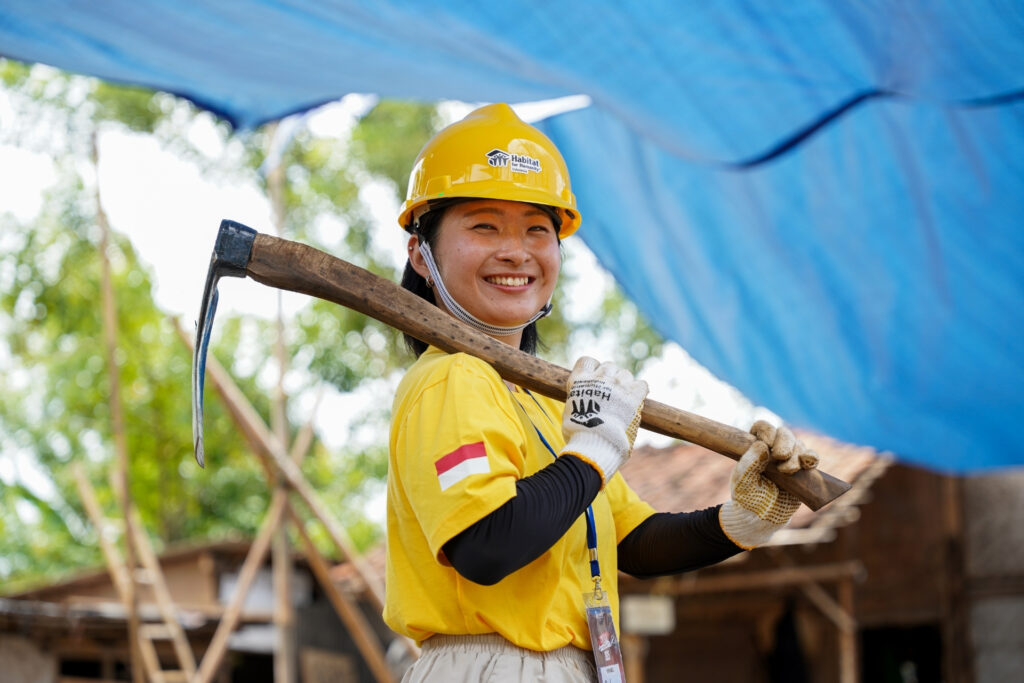
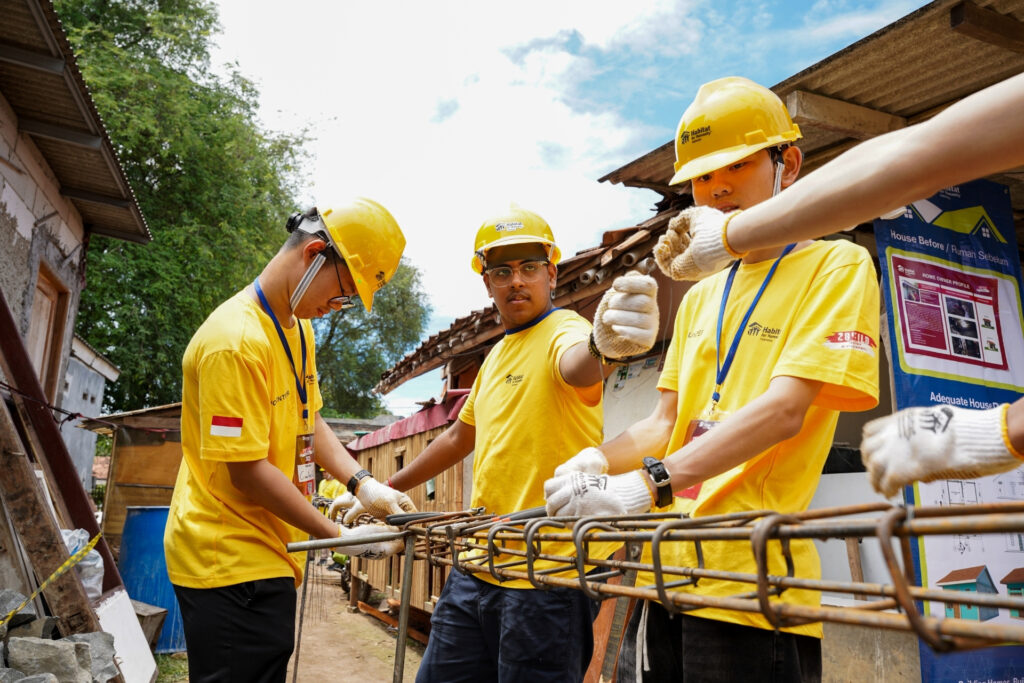
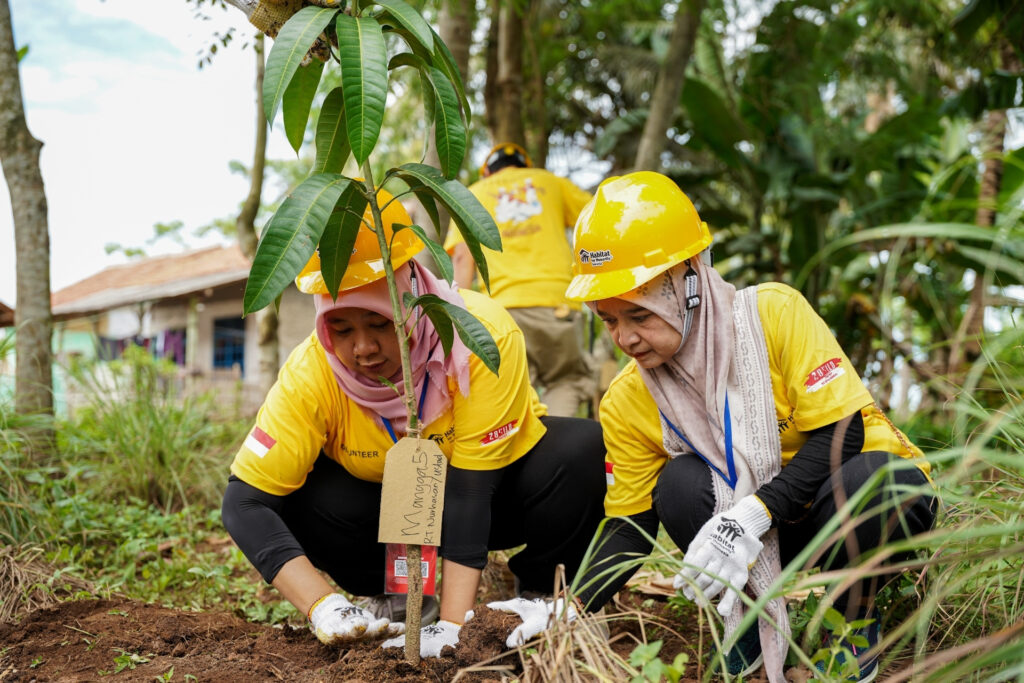
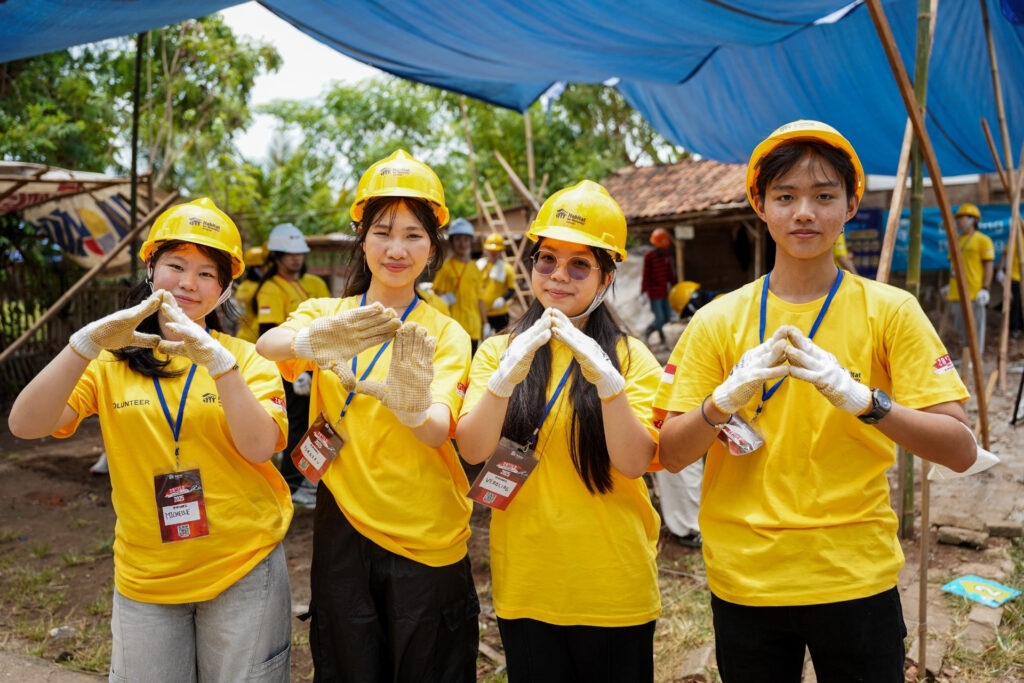
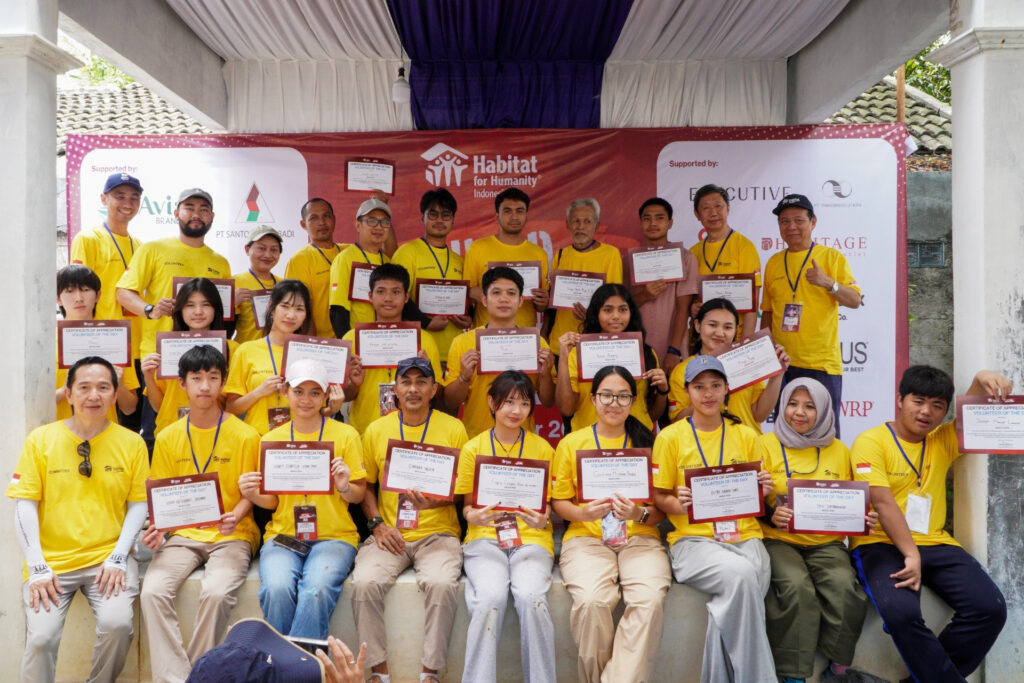
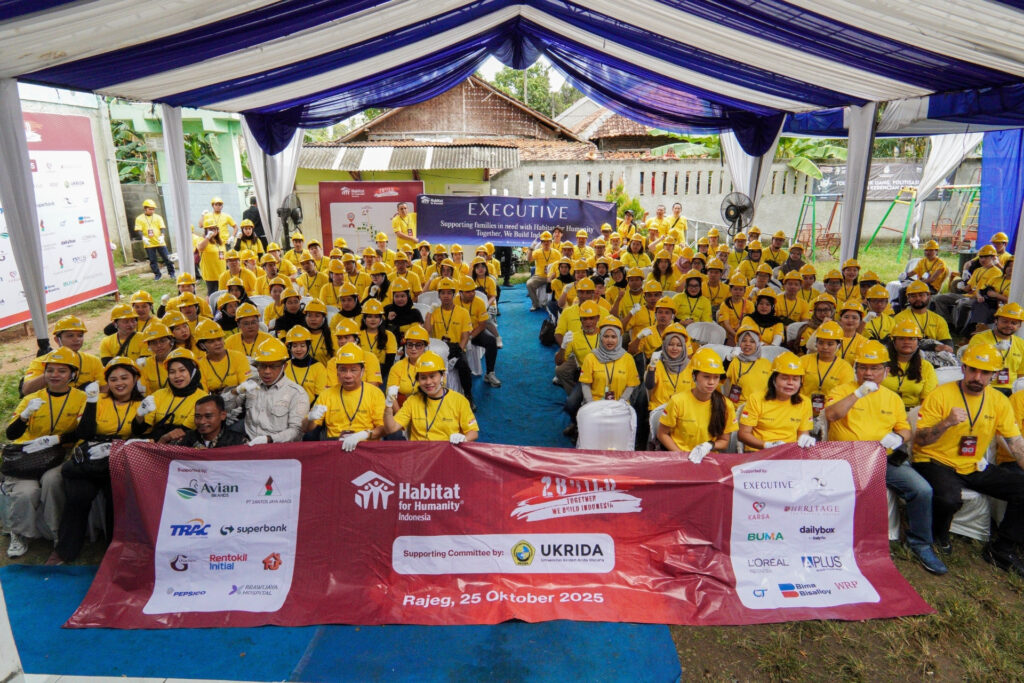
The 28UILD 2025 initiative was made possible through the collaboration of partners who share a belief in the power of unity to build the nation, including Daily Box, Kapal Api Group, BUMA, Orang Tua Group, Gebacken, Delami (Executive), PT Trikemindo Utama, Brawijaya Hospital, Pepsico, L’Oréal, Aplus, PT Avia Avian Tbk, Smart Tools, Flow, Superbank, Rentokil, WRP, Karsa, Heritage, TRAC, The Southern Hotel, and Bima Bissaloy.
The success of 28UILD 2025 stands as proof that the spirit of the Youth Pledge continues to burn brightly in the hearts of Indonesia’s young generation. Habitat for Humanity Indonesia will continue to keep that flame alive—empowering more youth to build homes, nurture hope, and create a more decent place to live for all Indonesians.
Writer: Syefira Salsabilla
Photo/Video: HFHI/Budi Ariyanto & Kevin Herbian
(av/kh)
